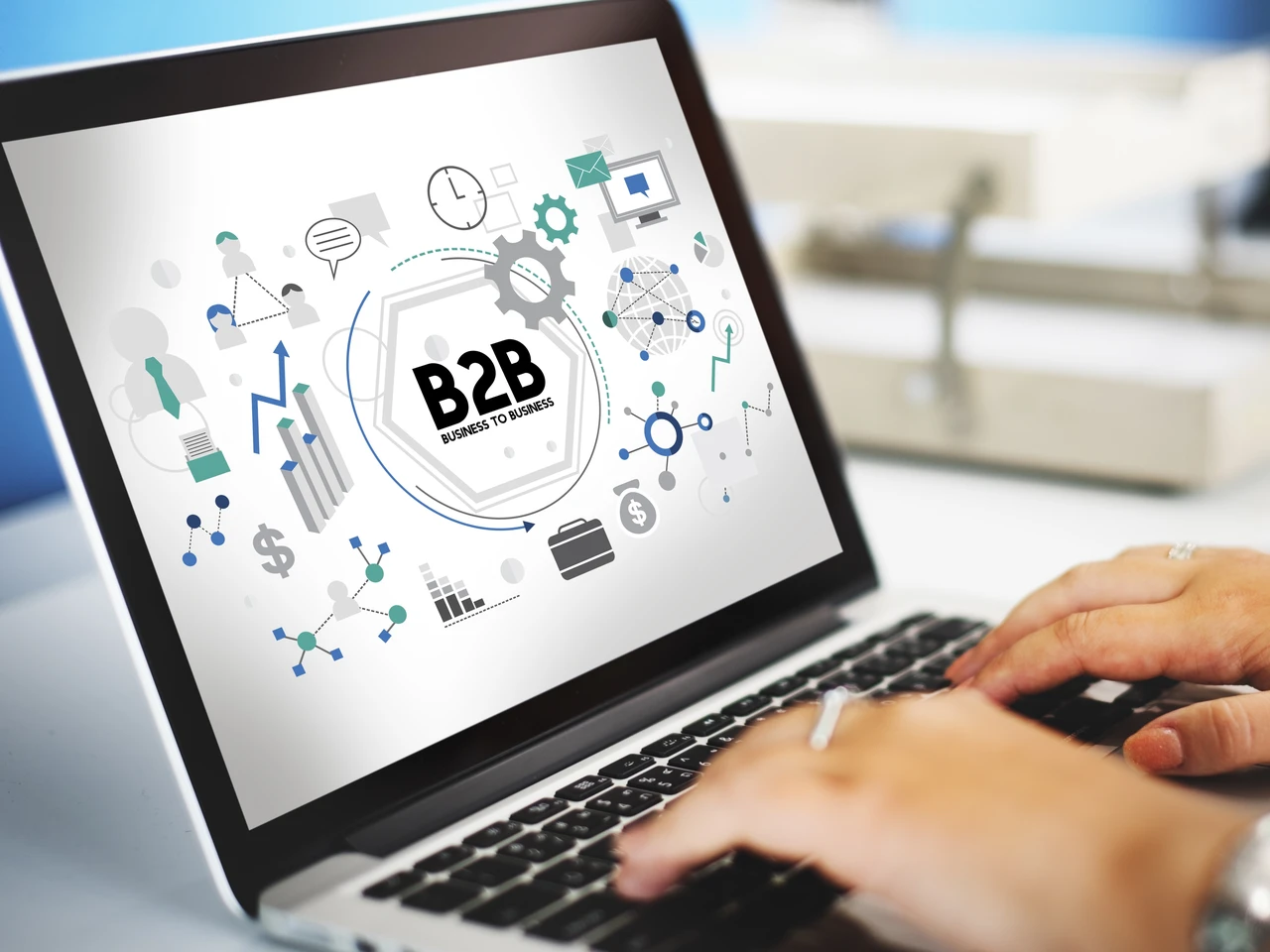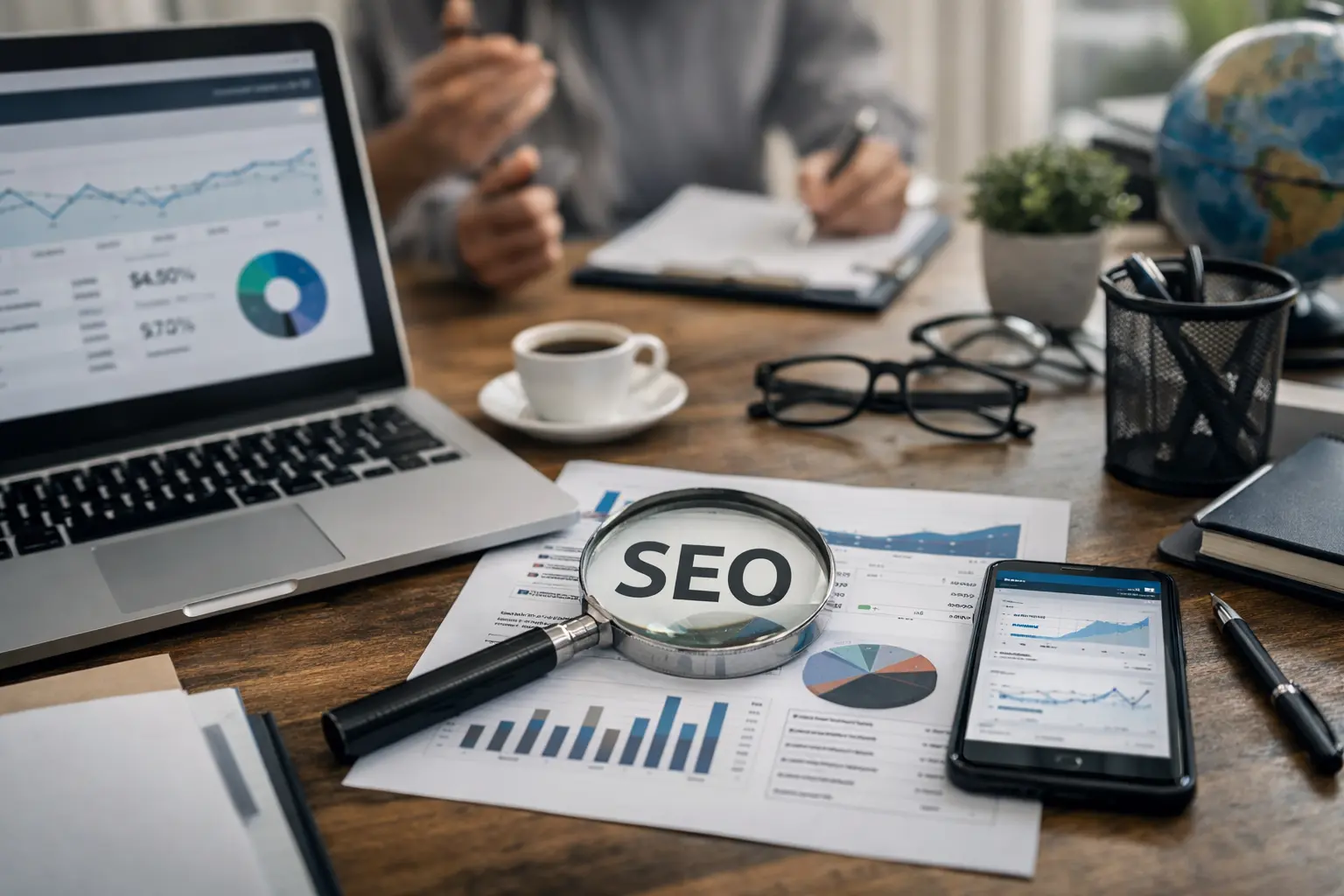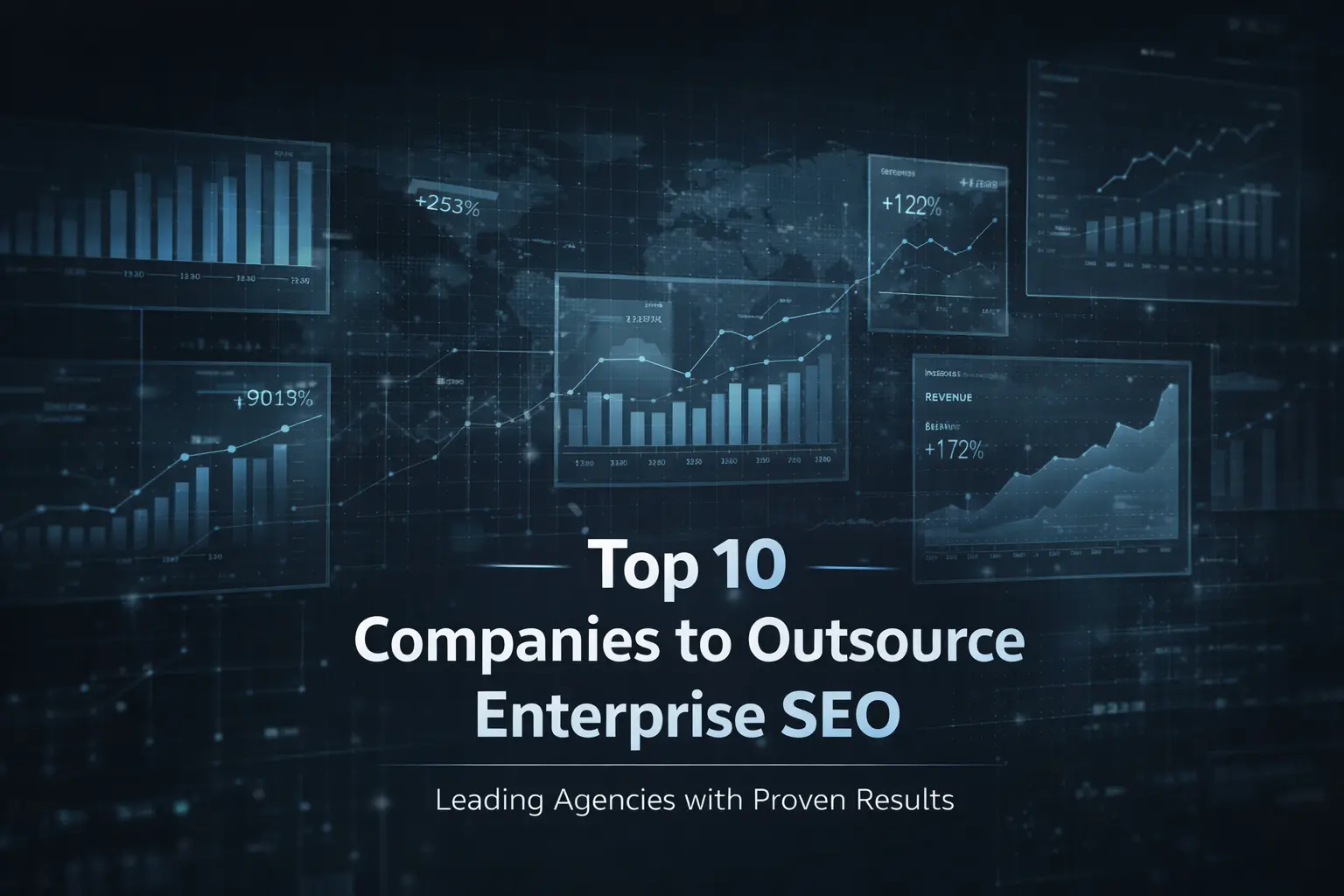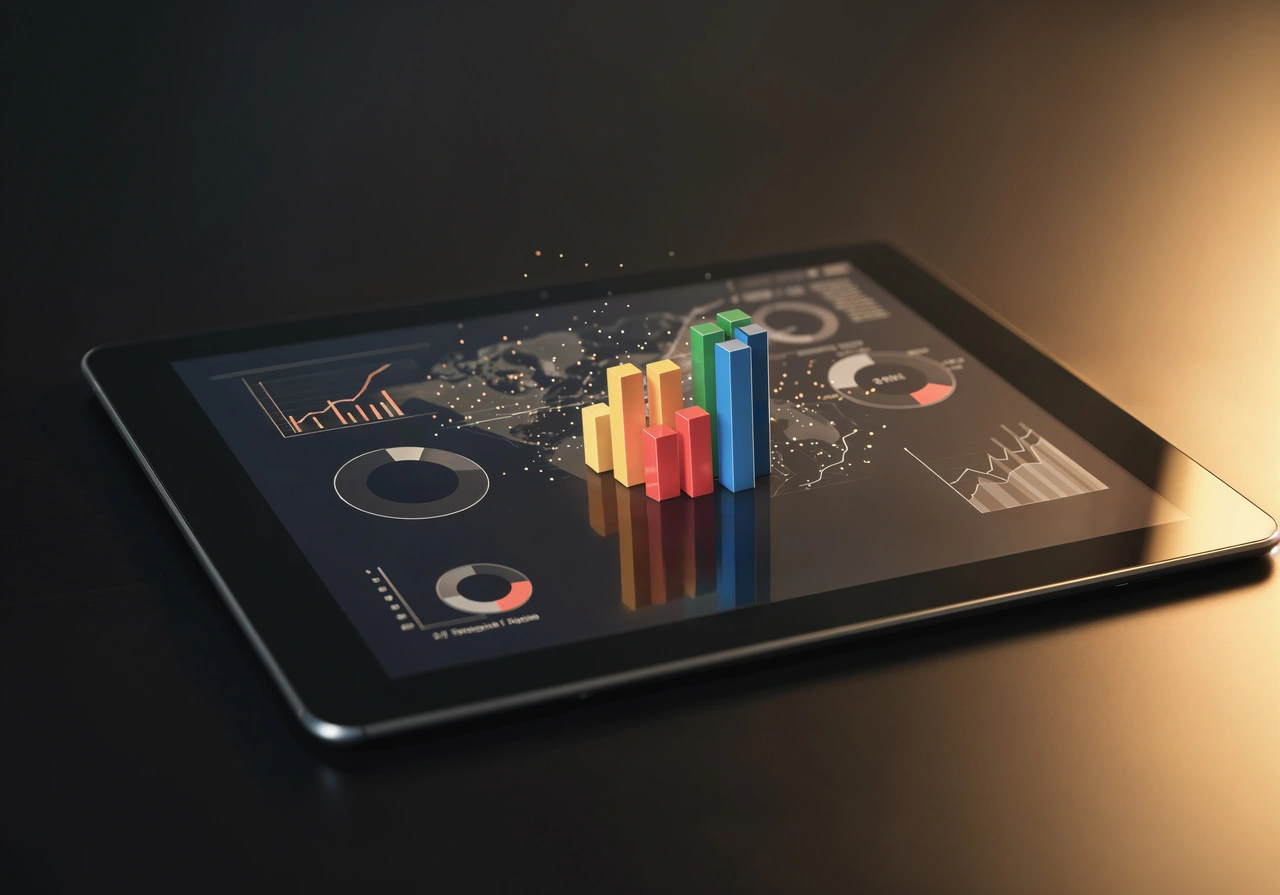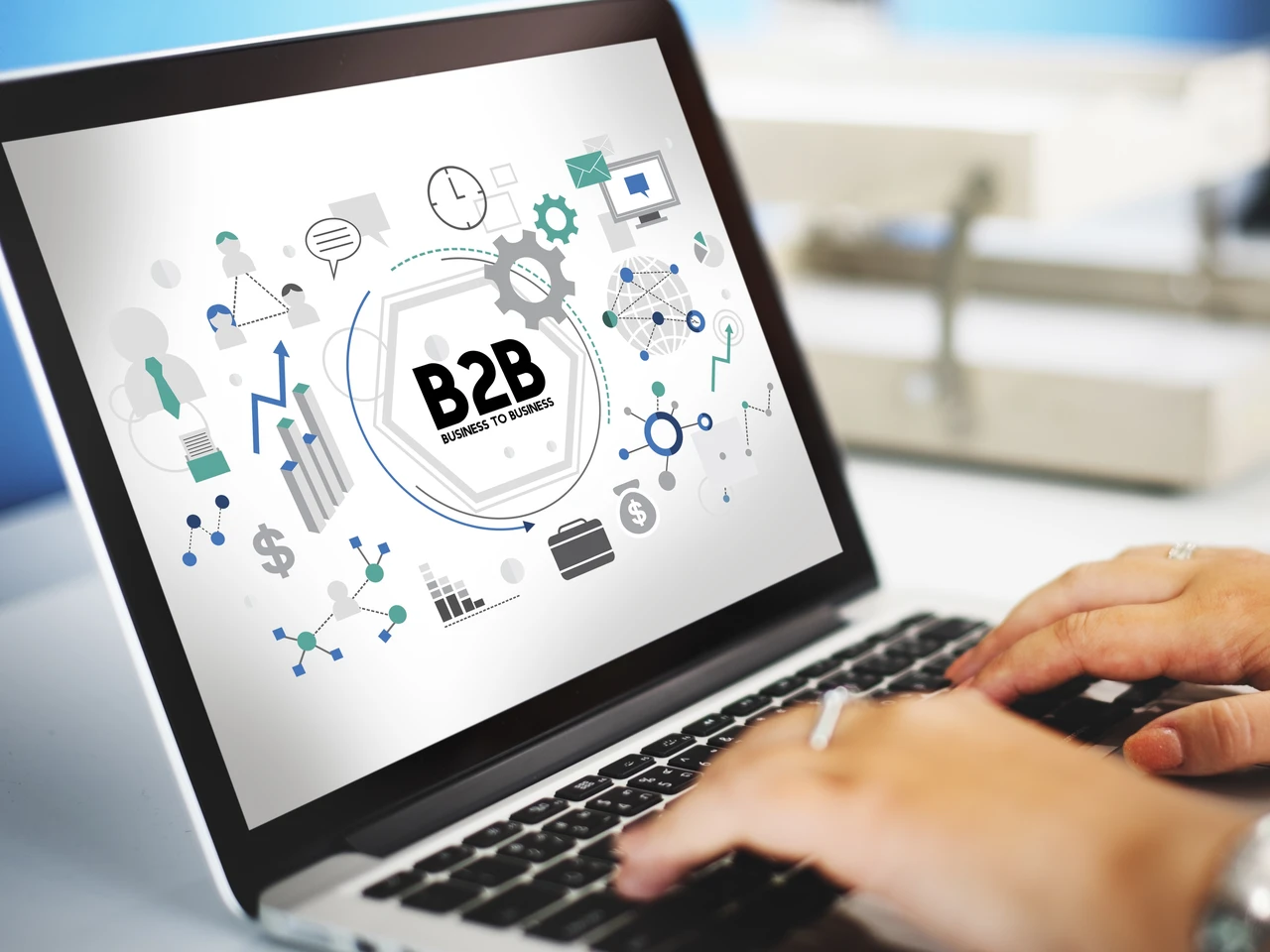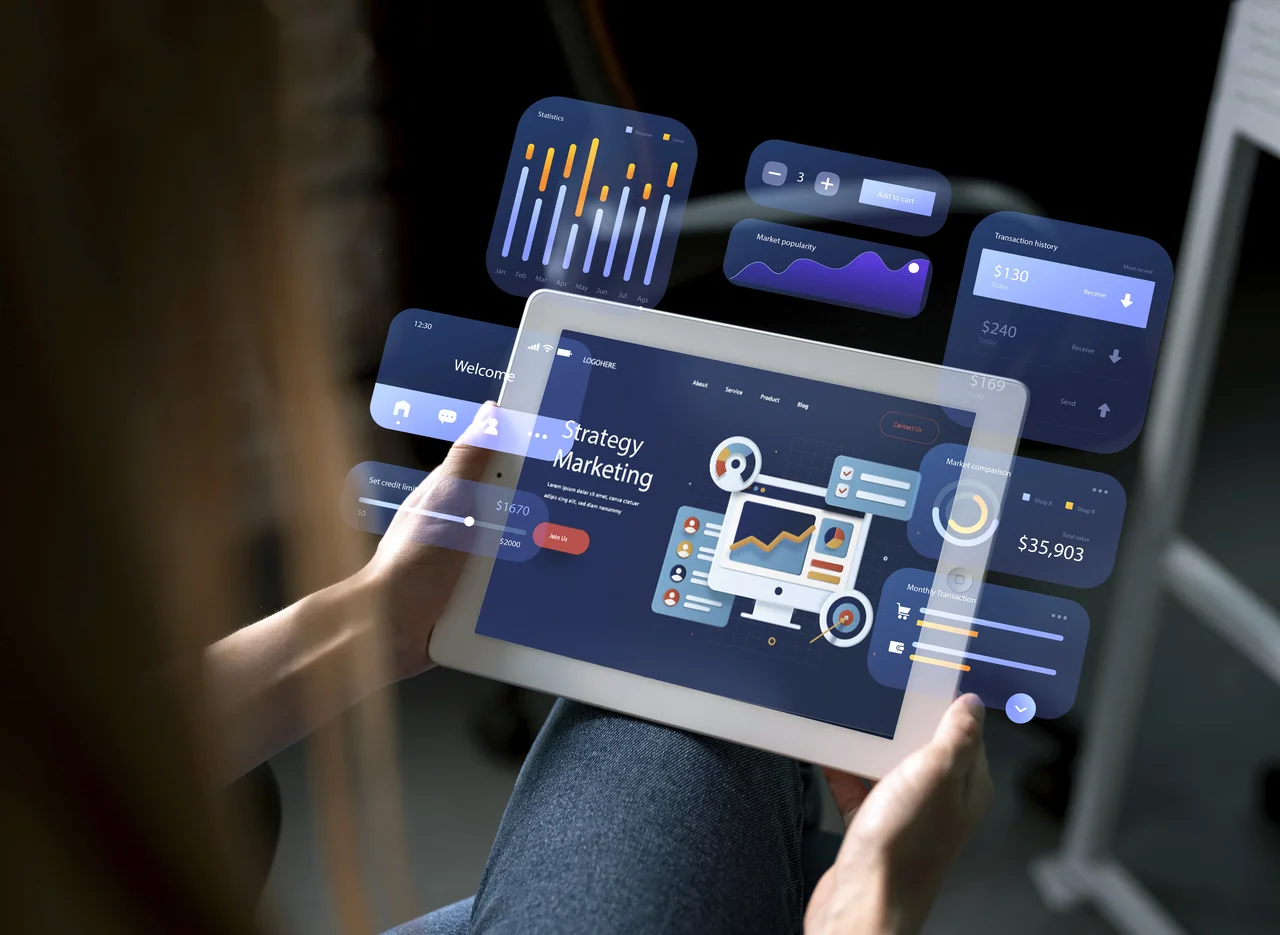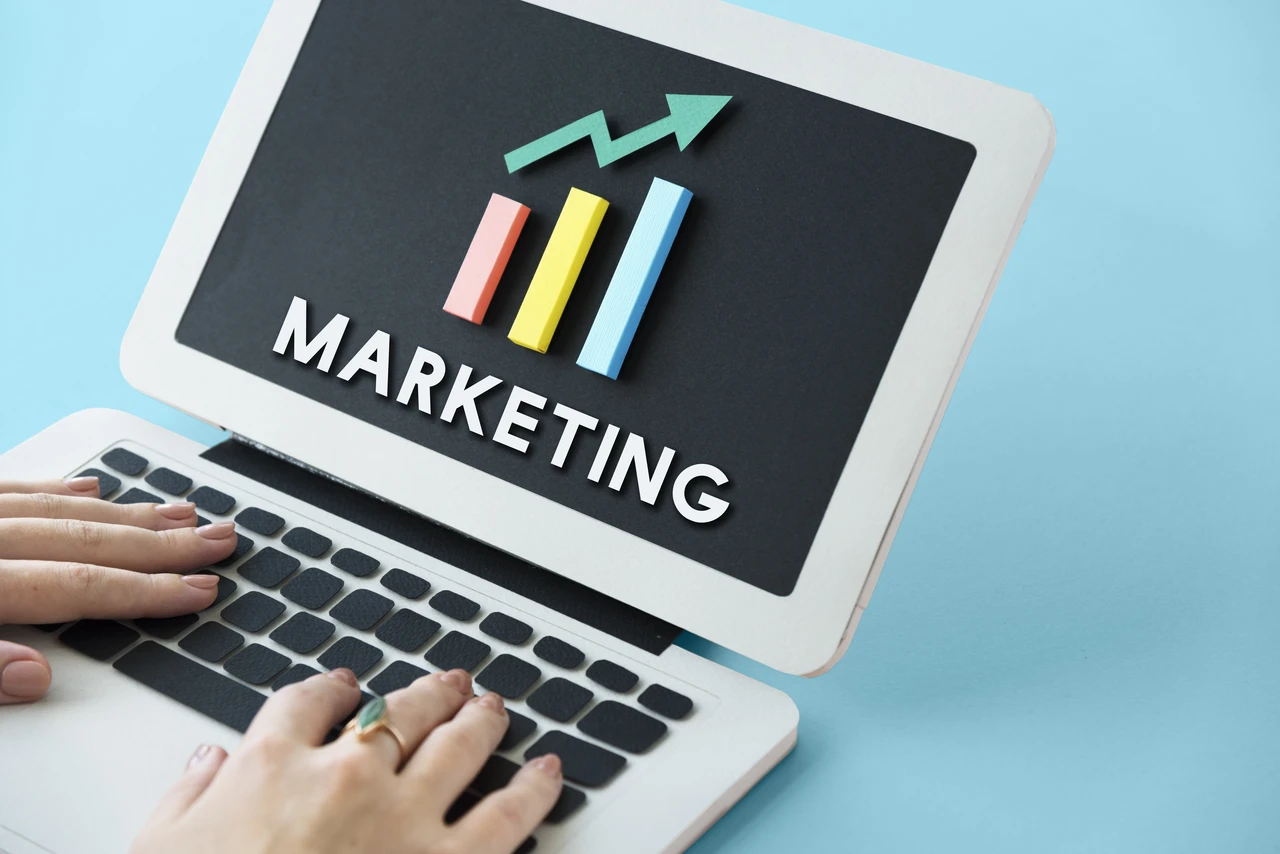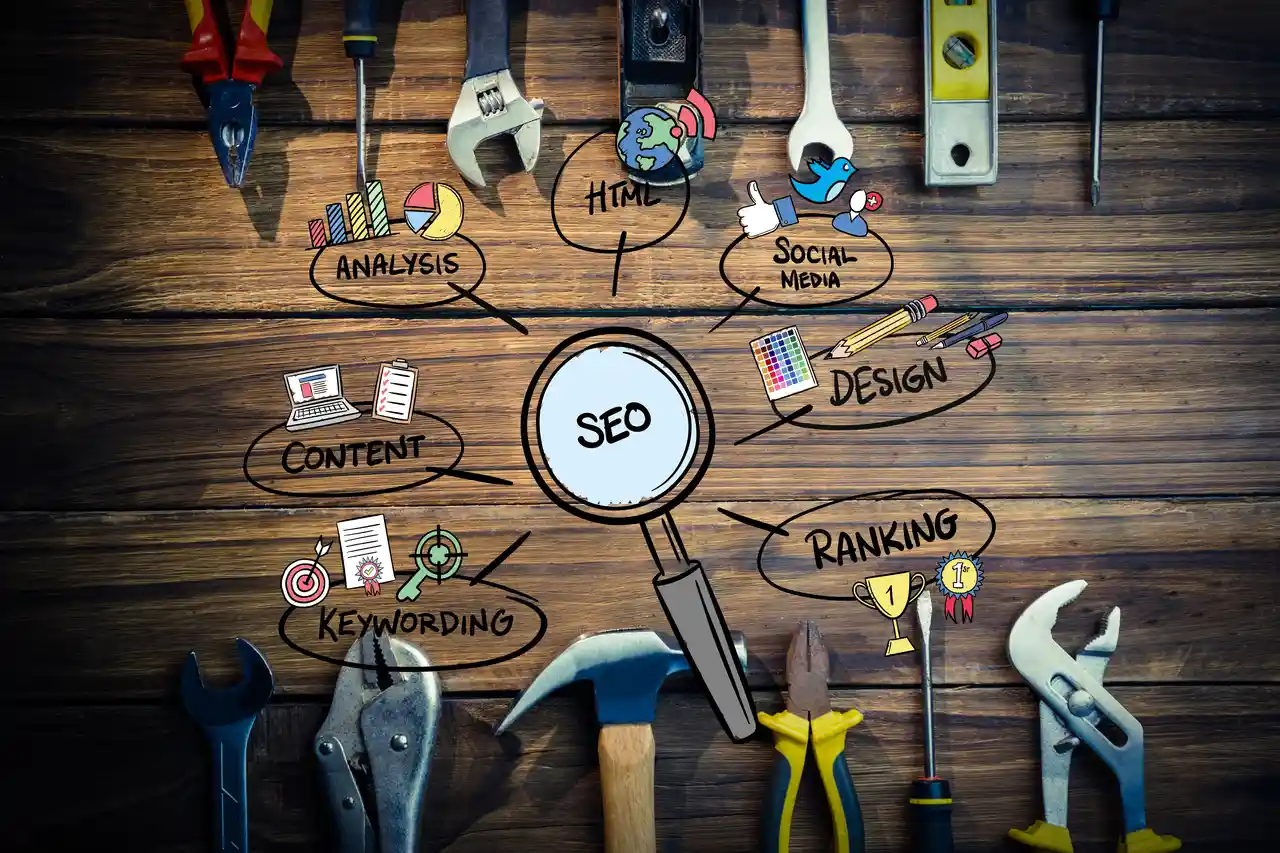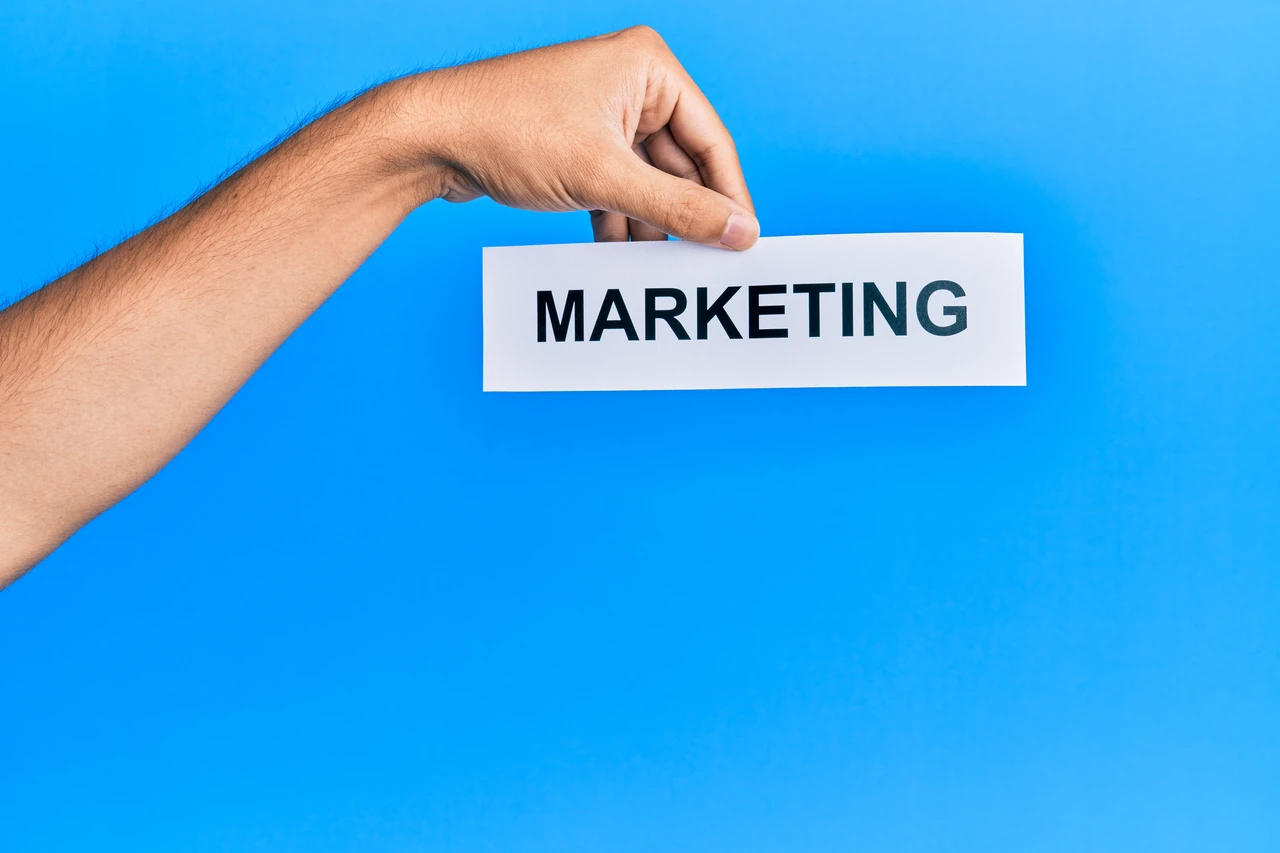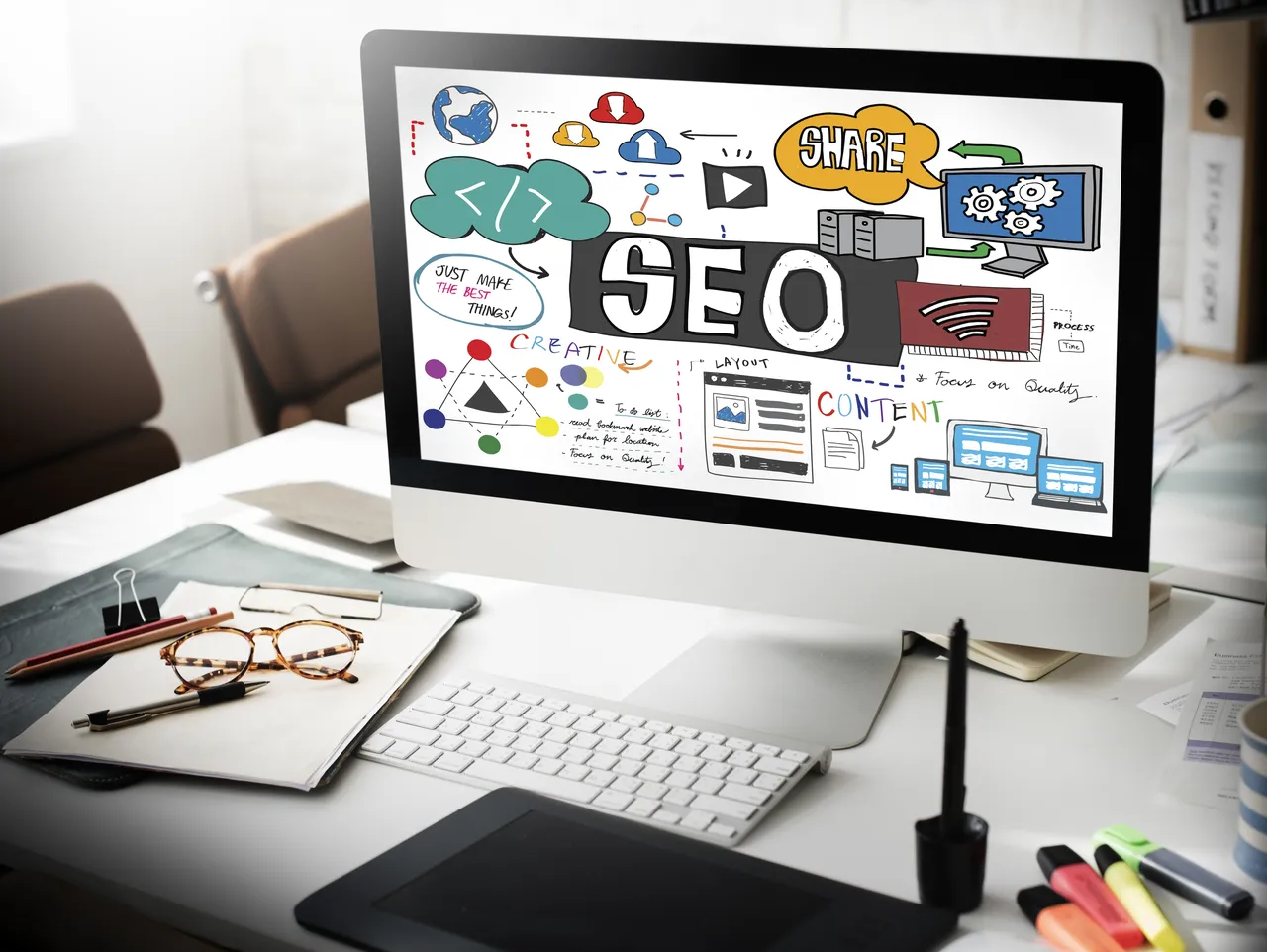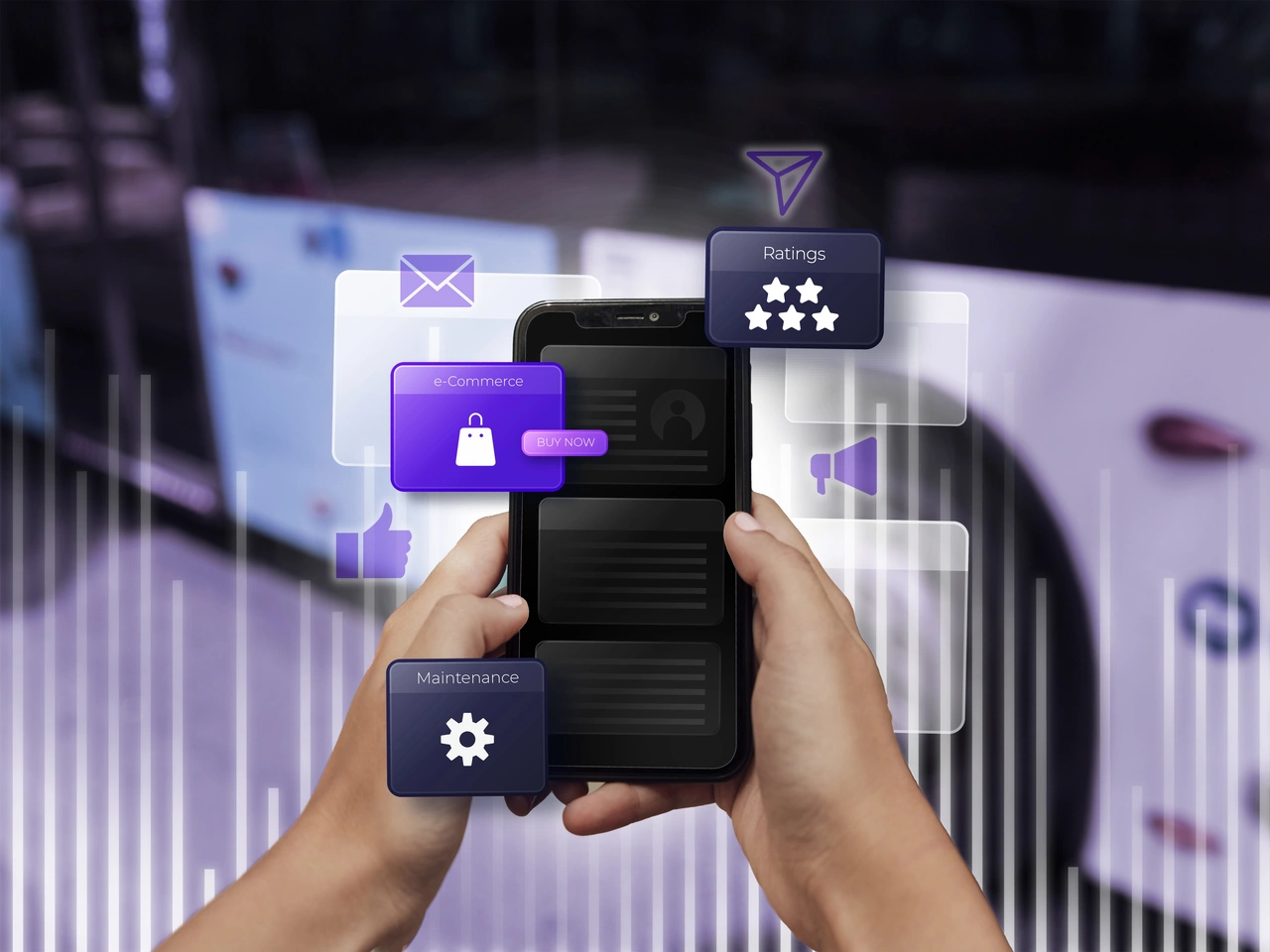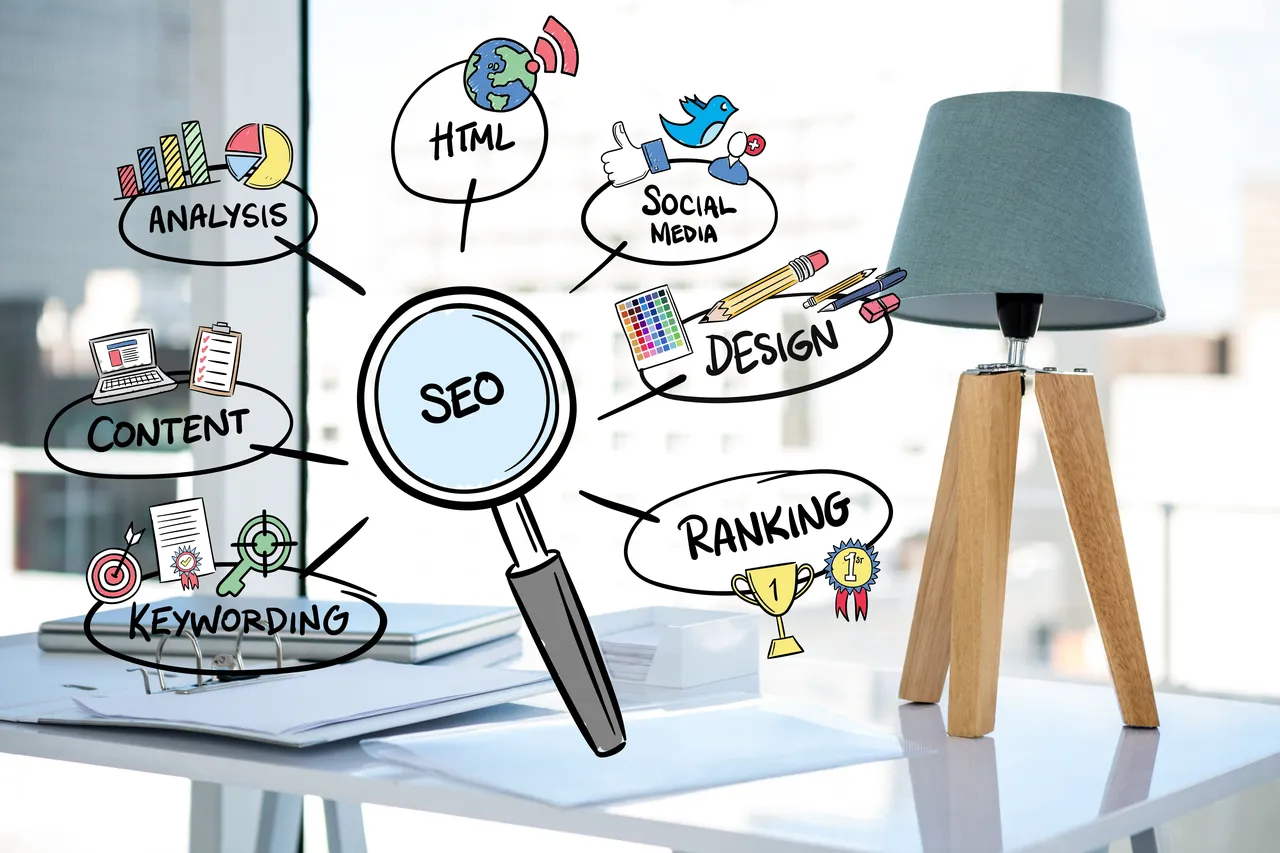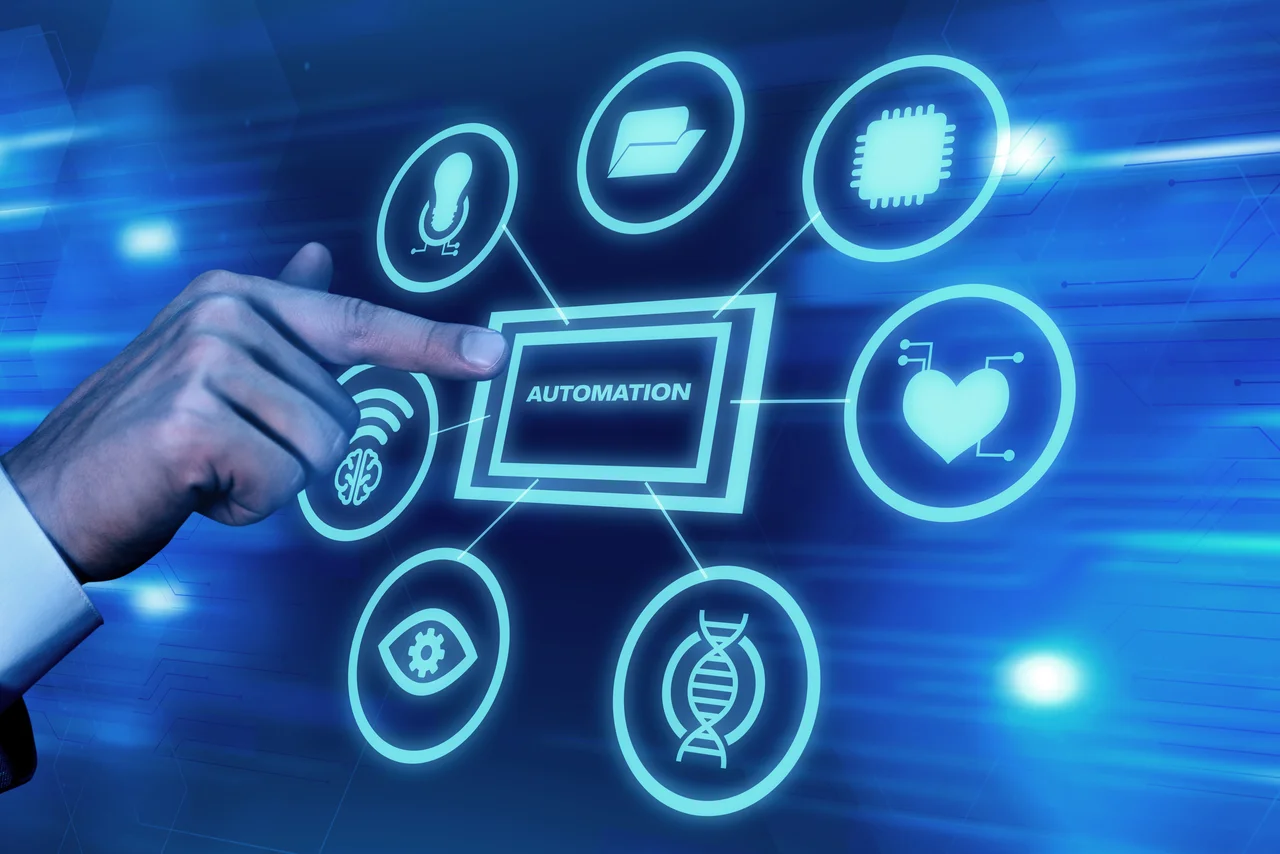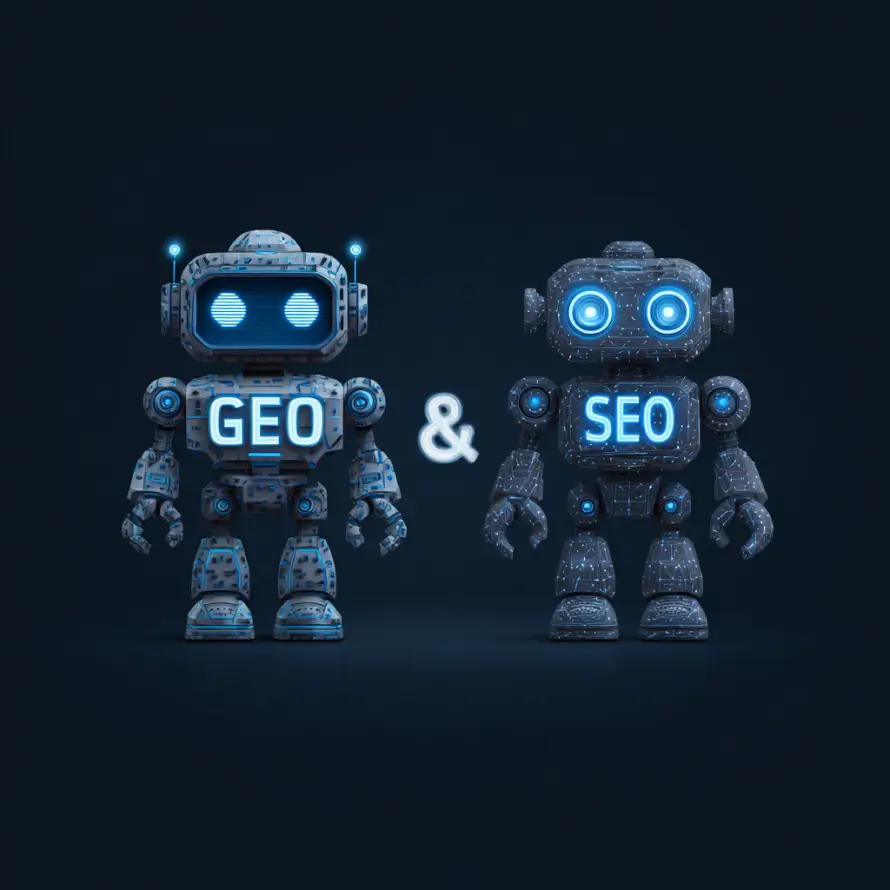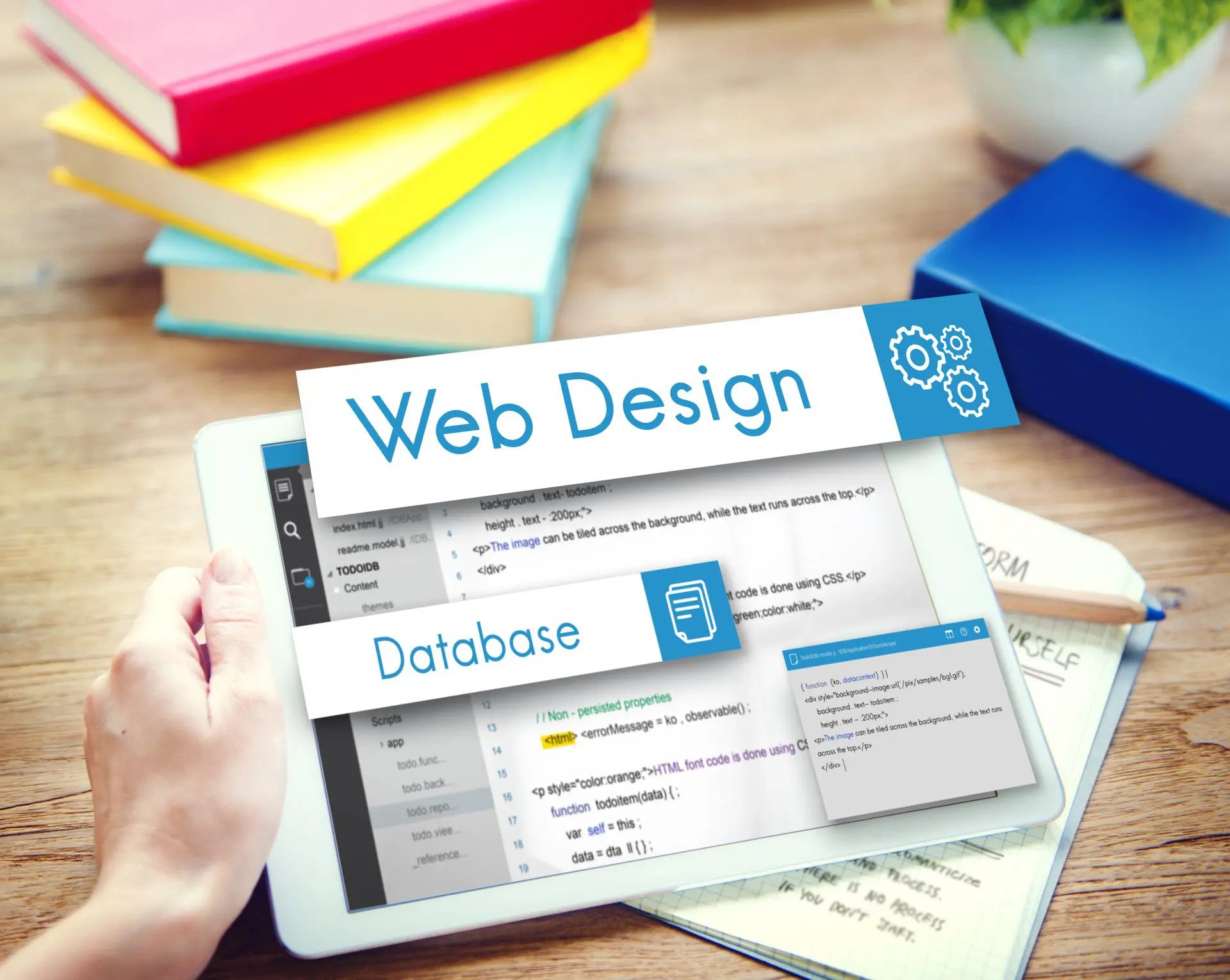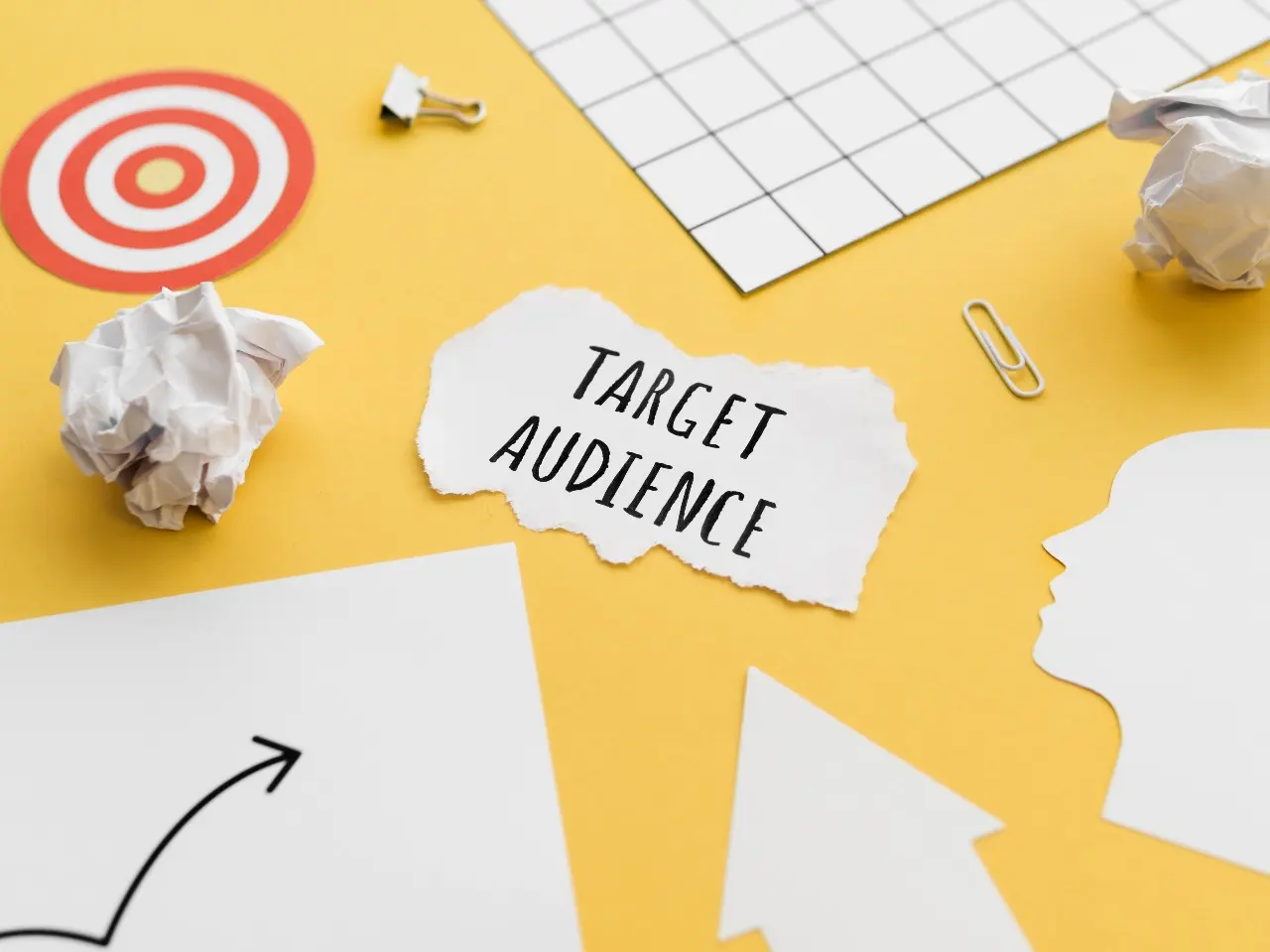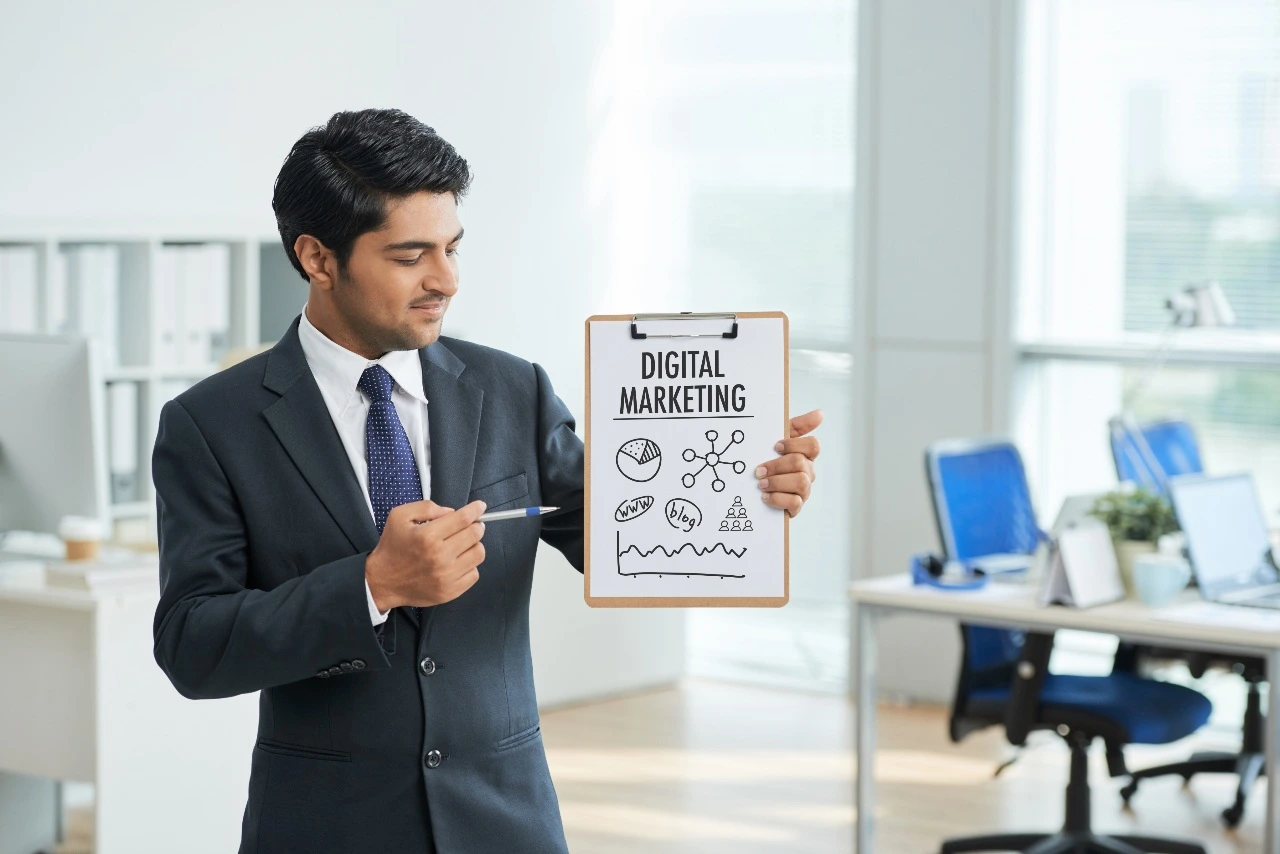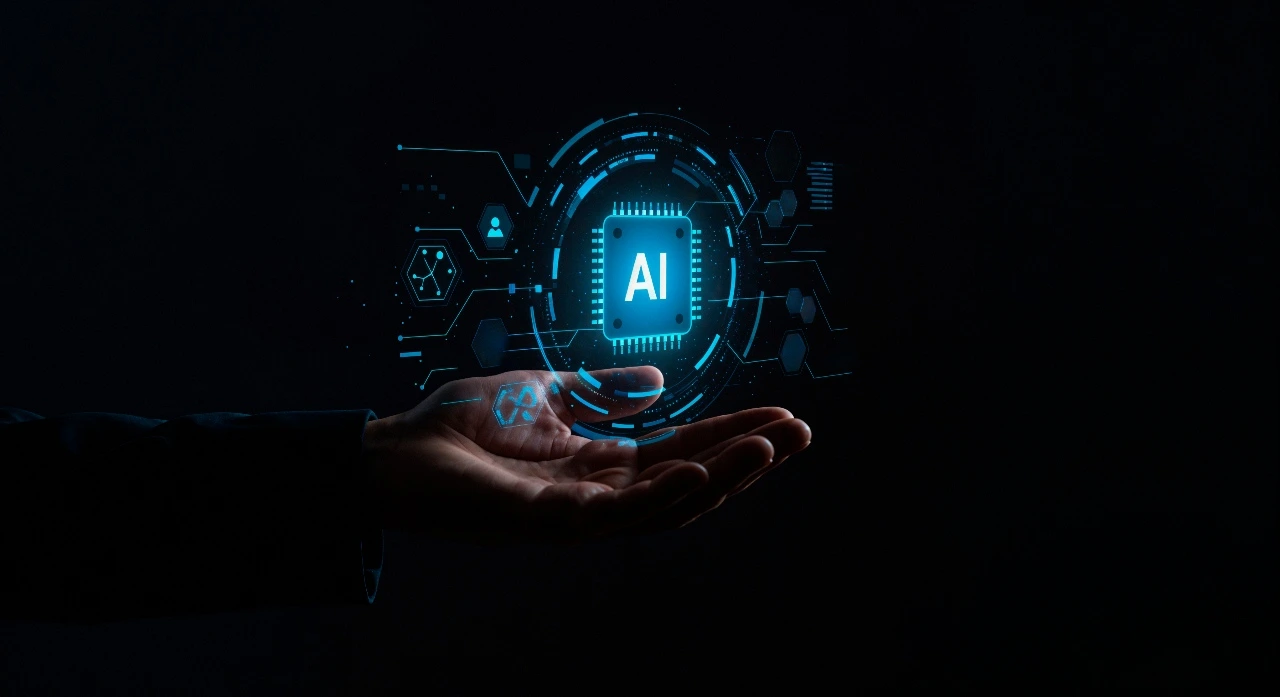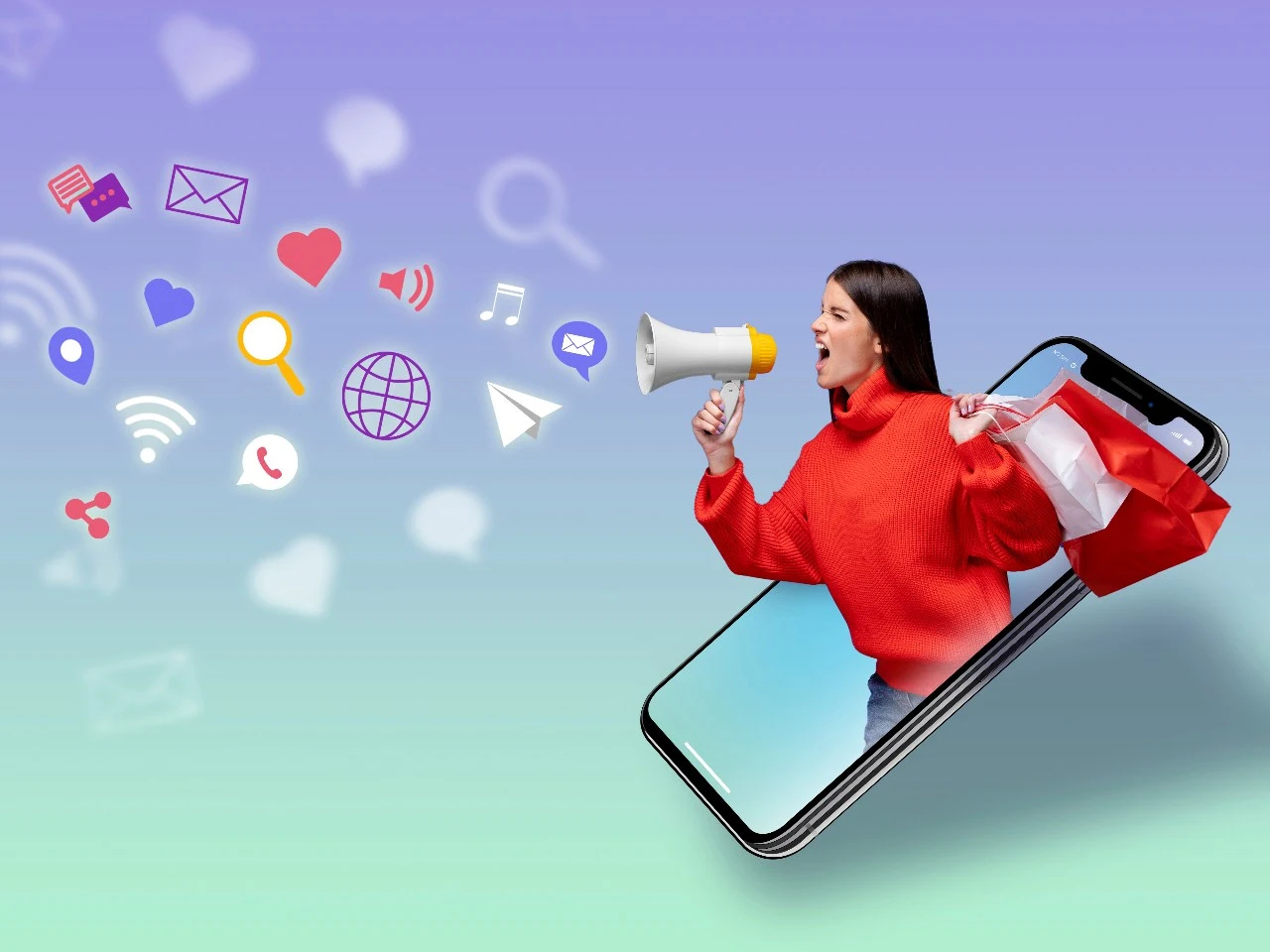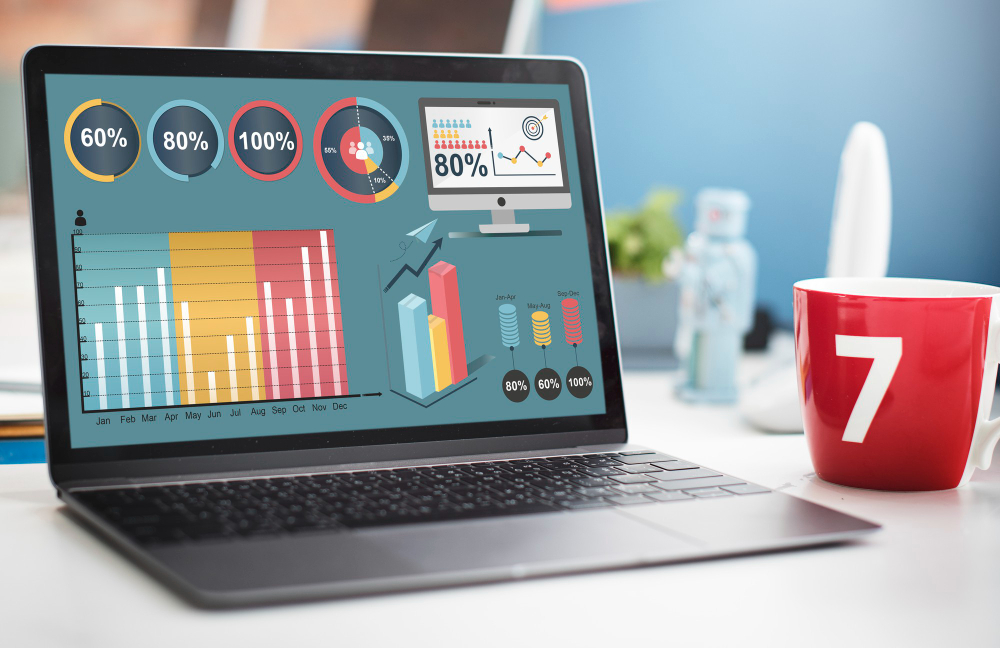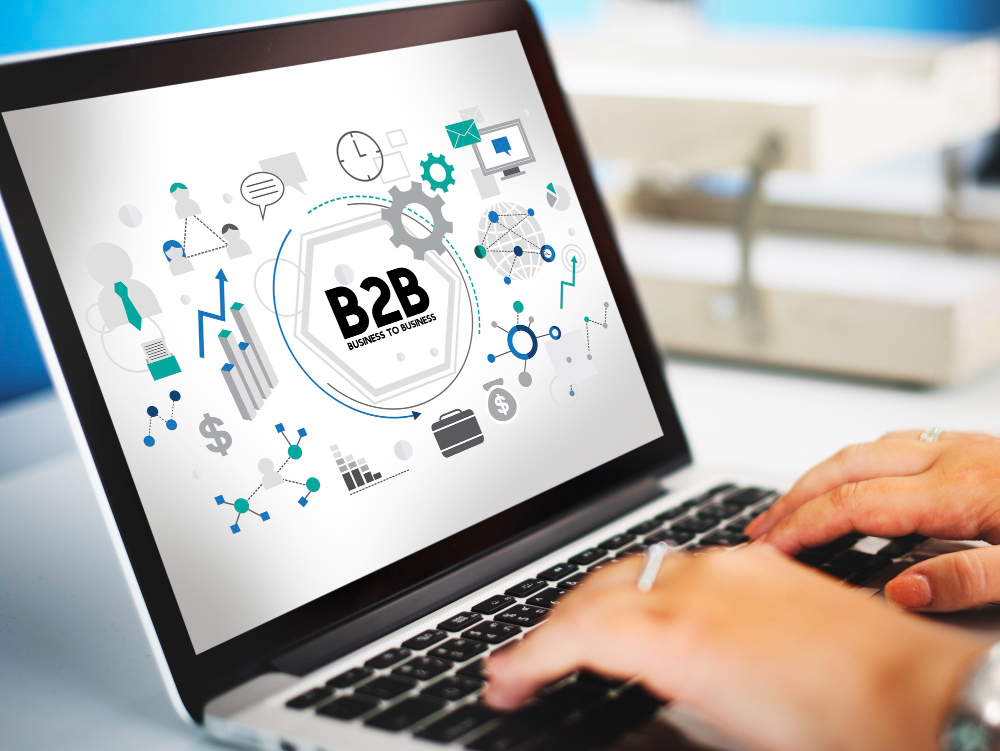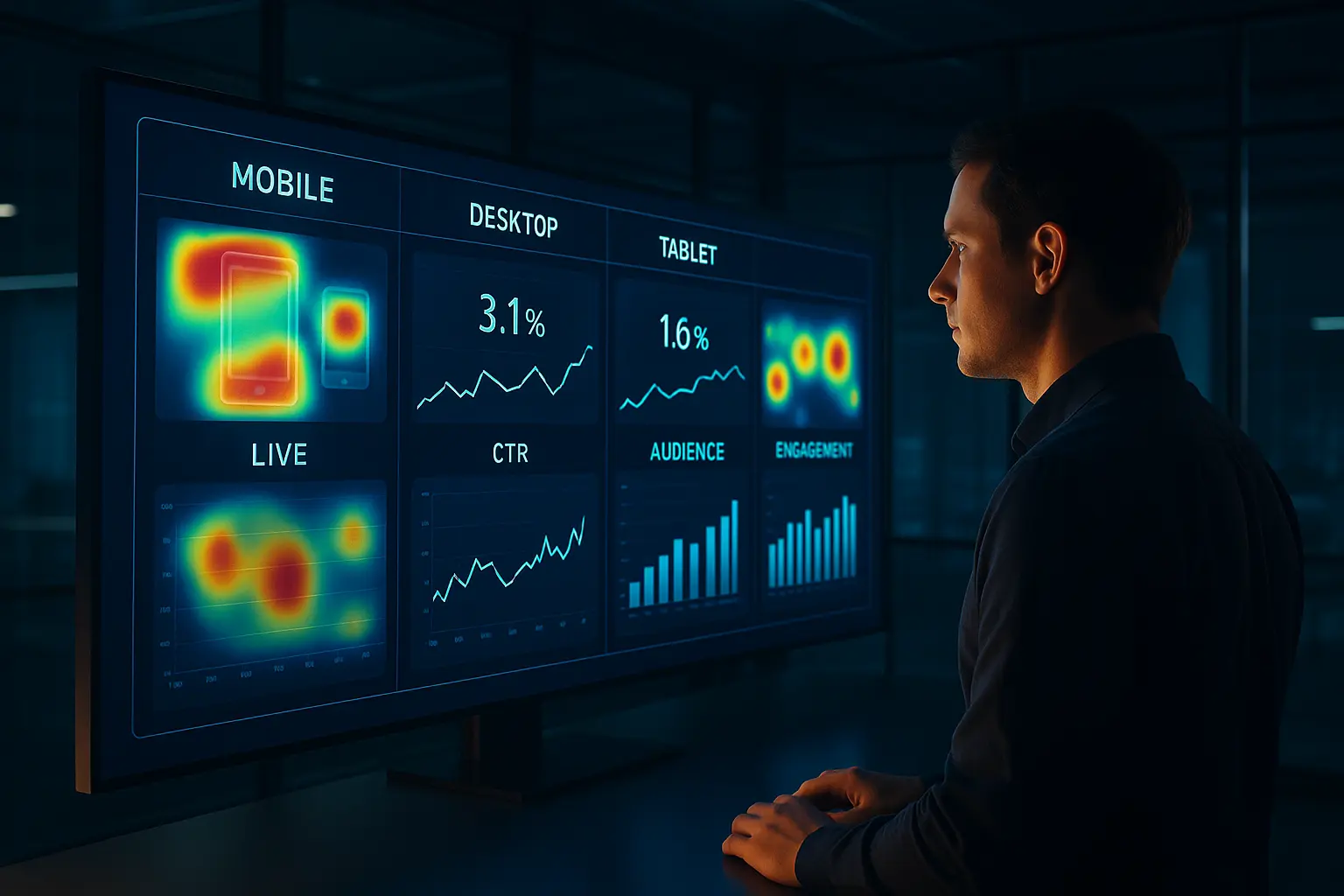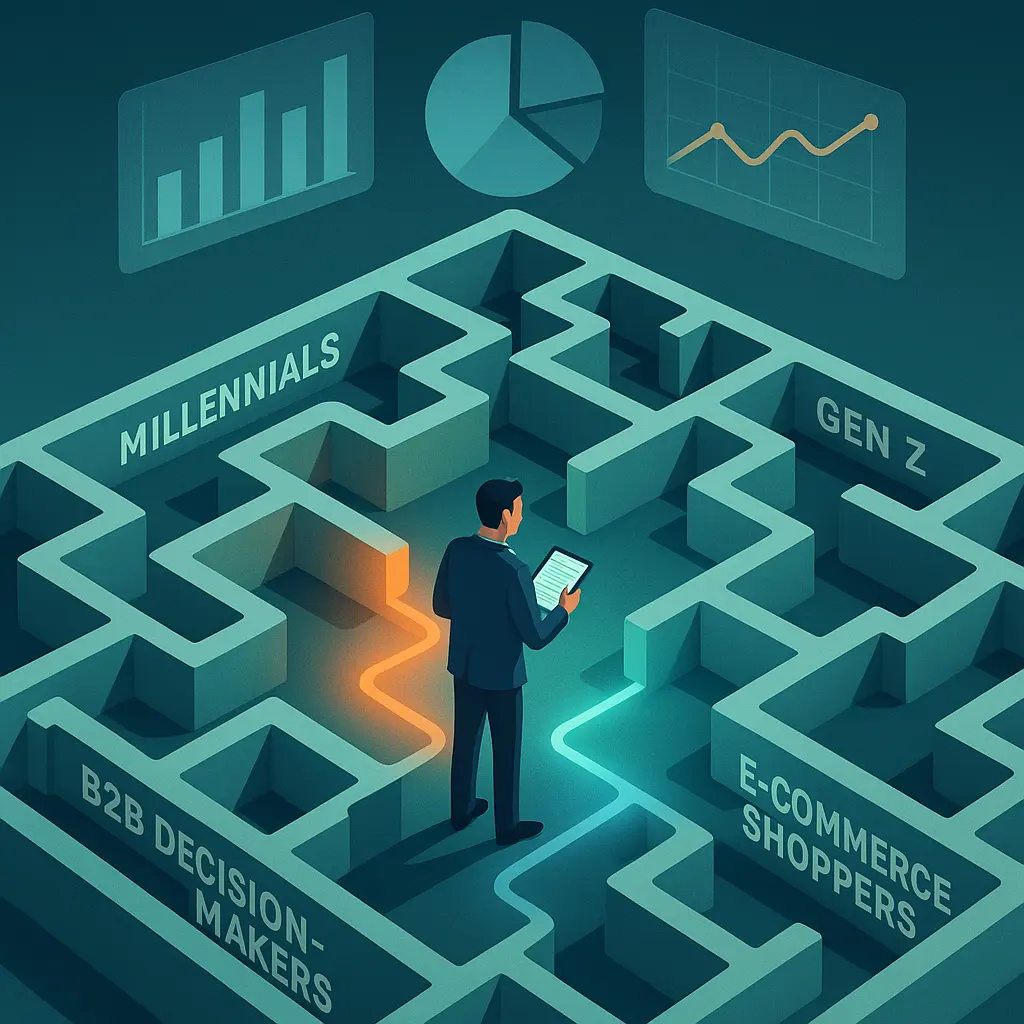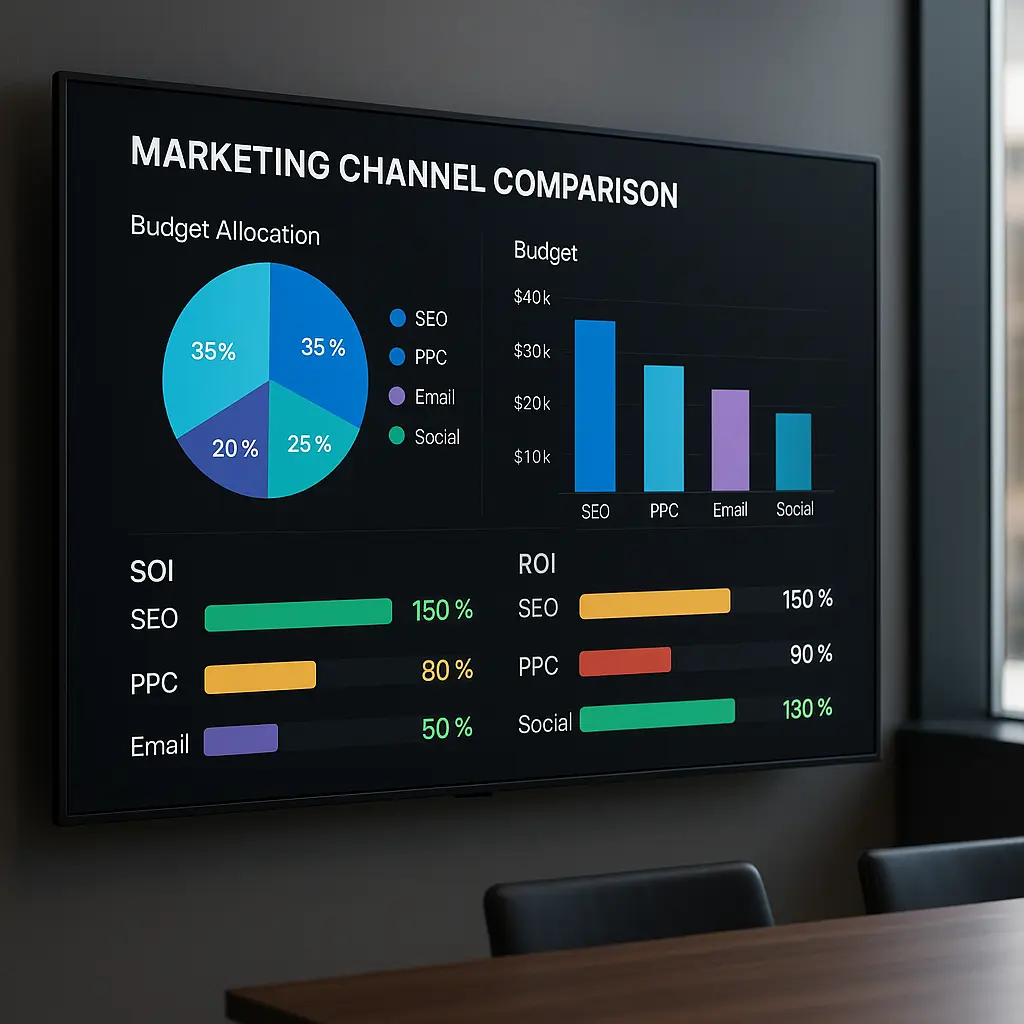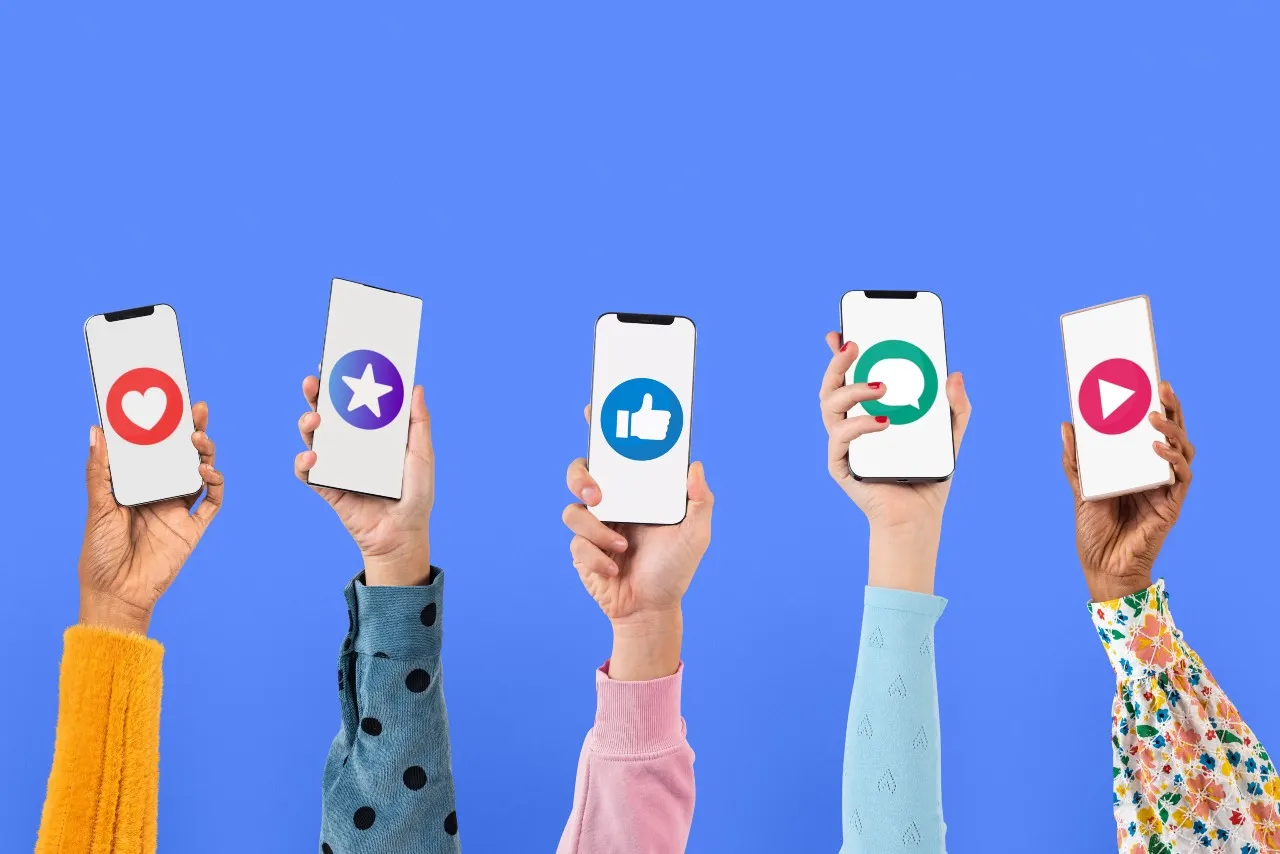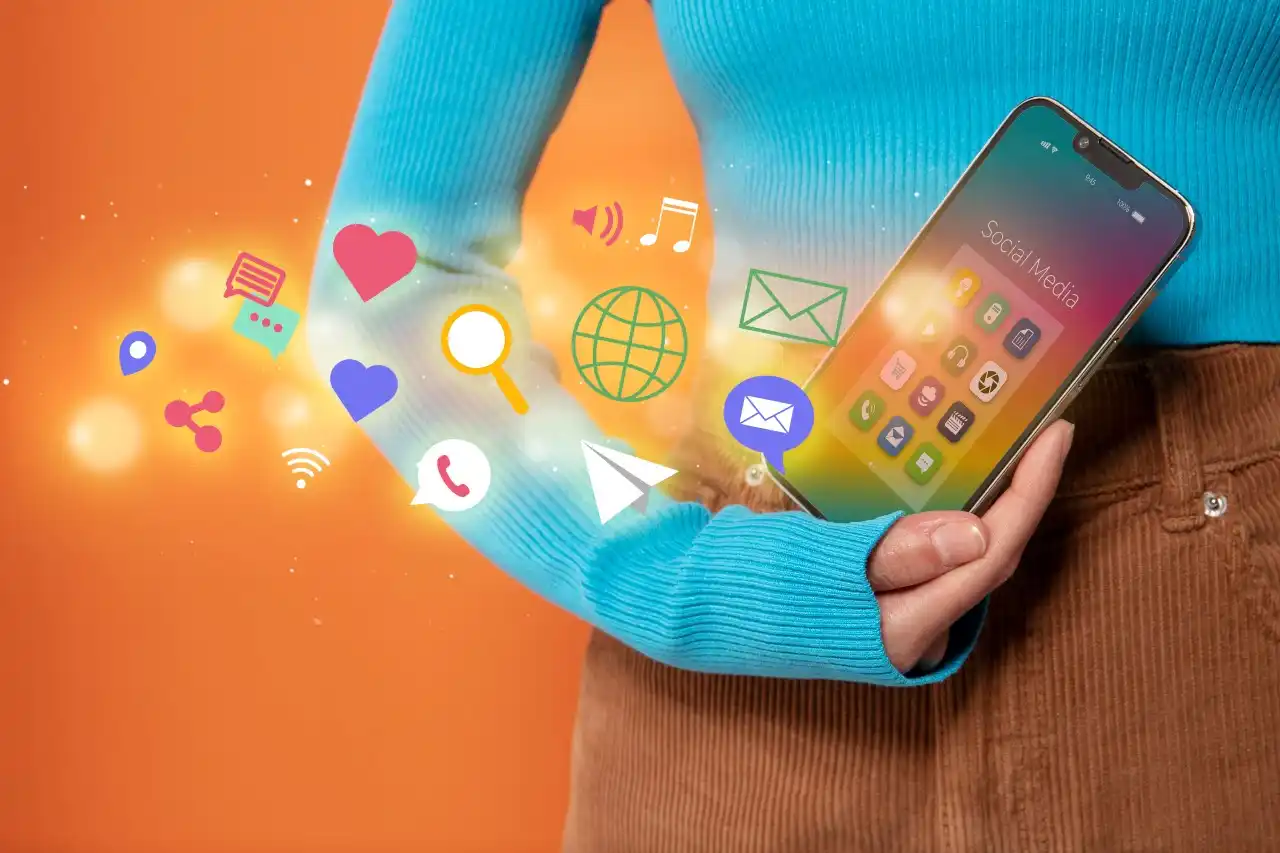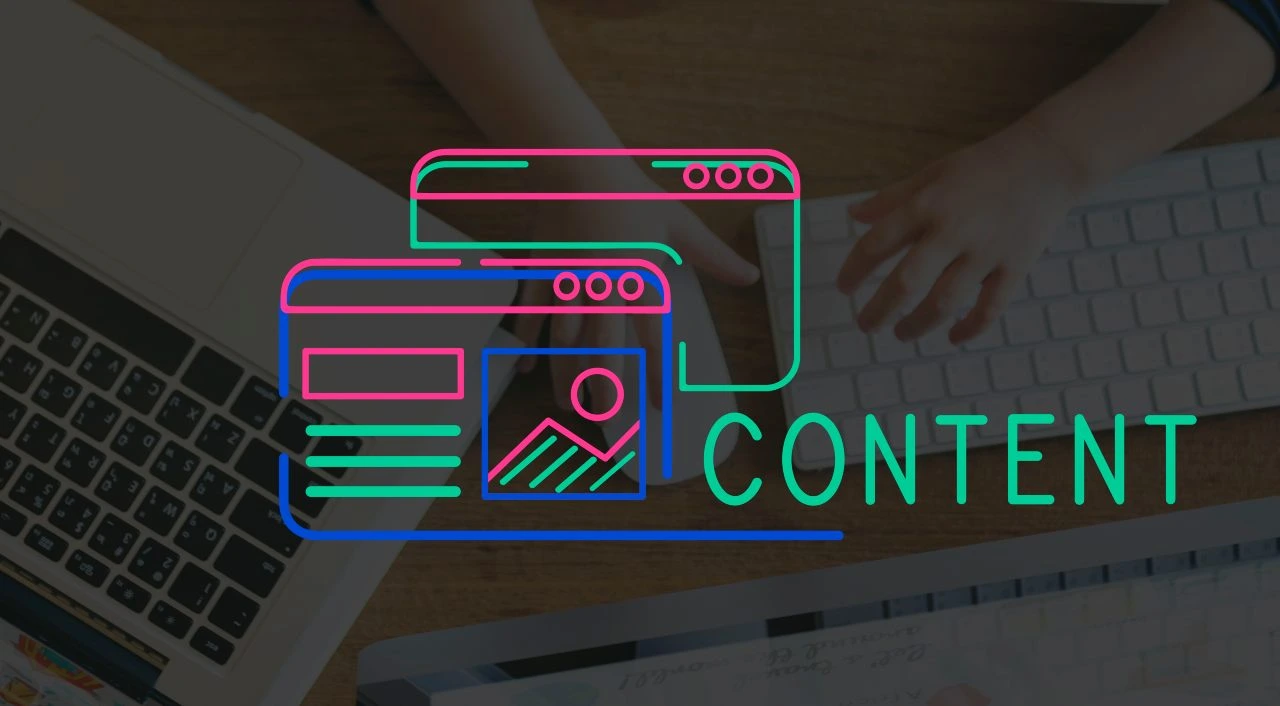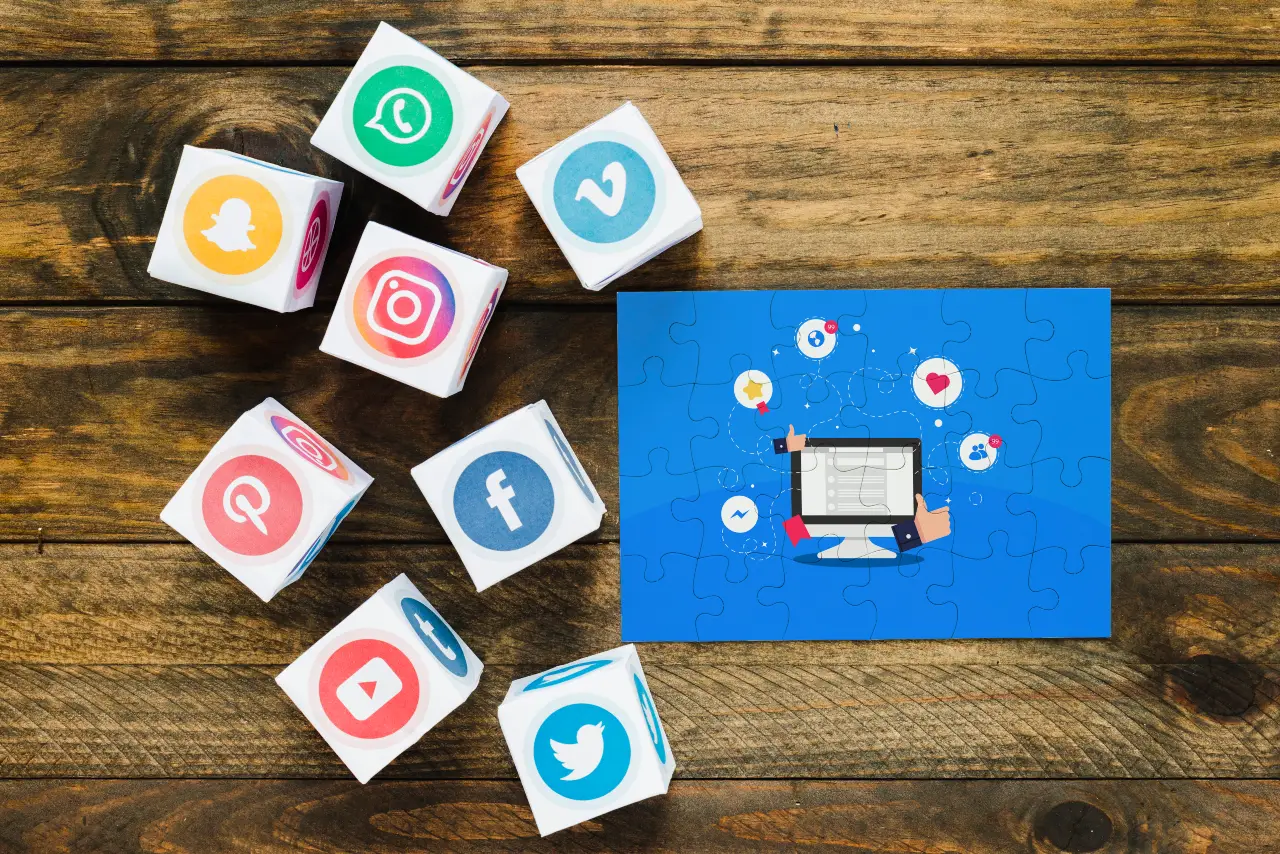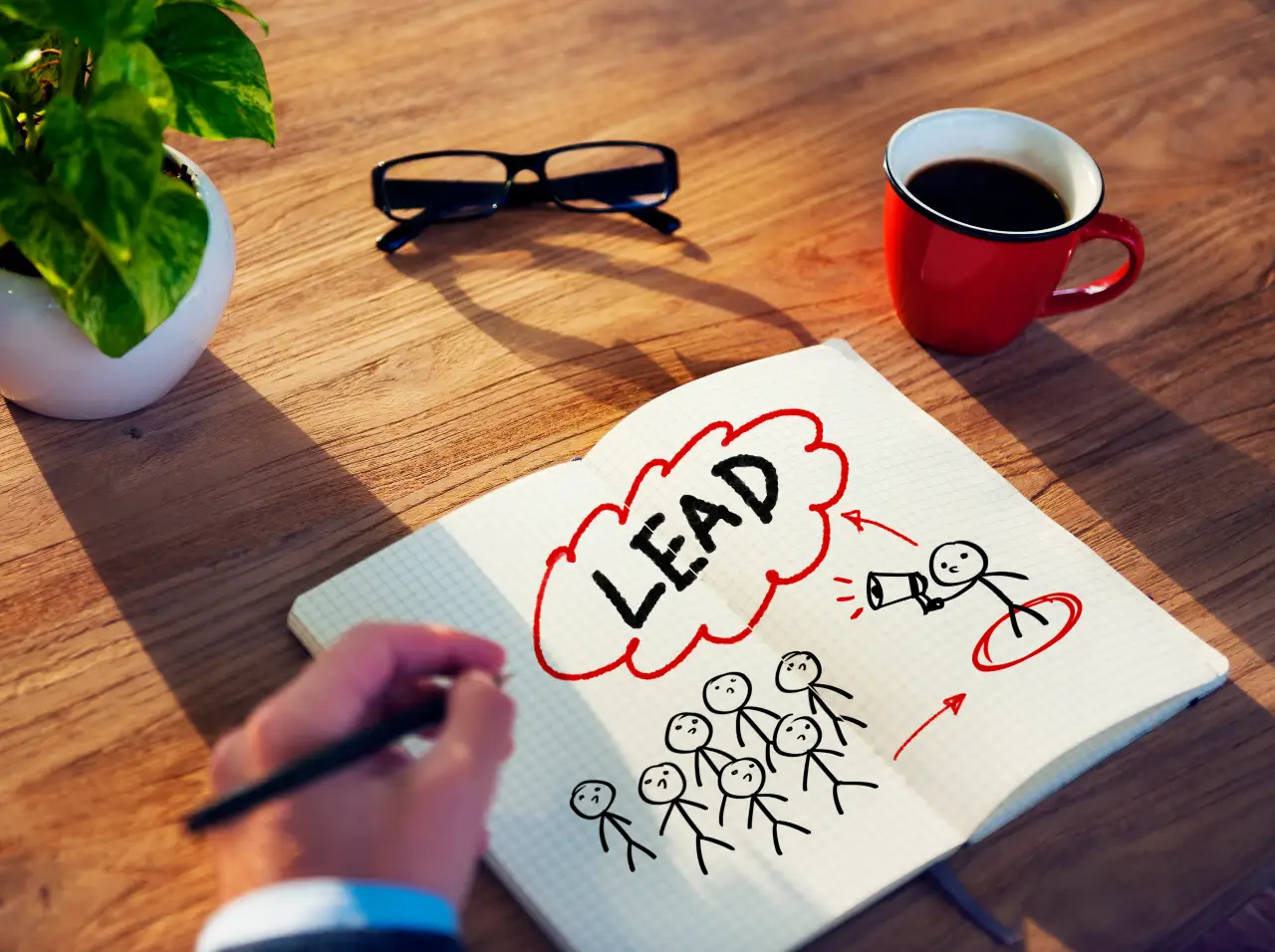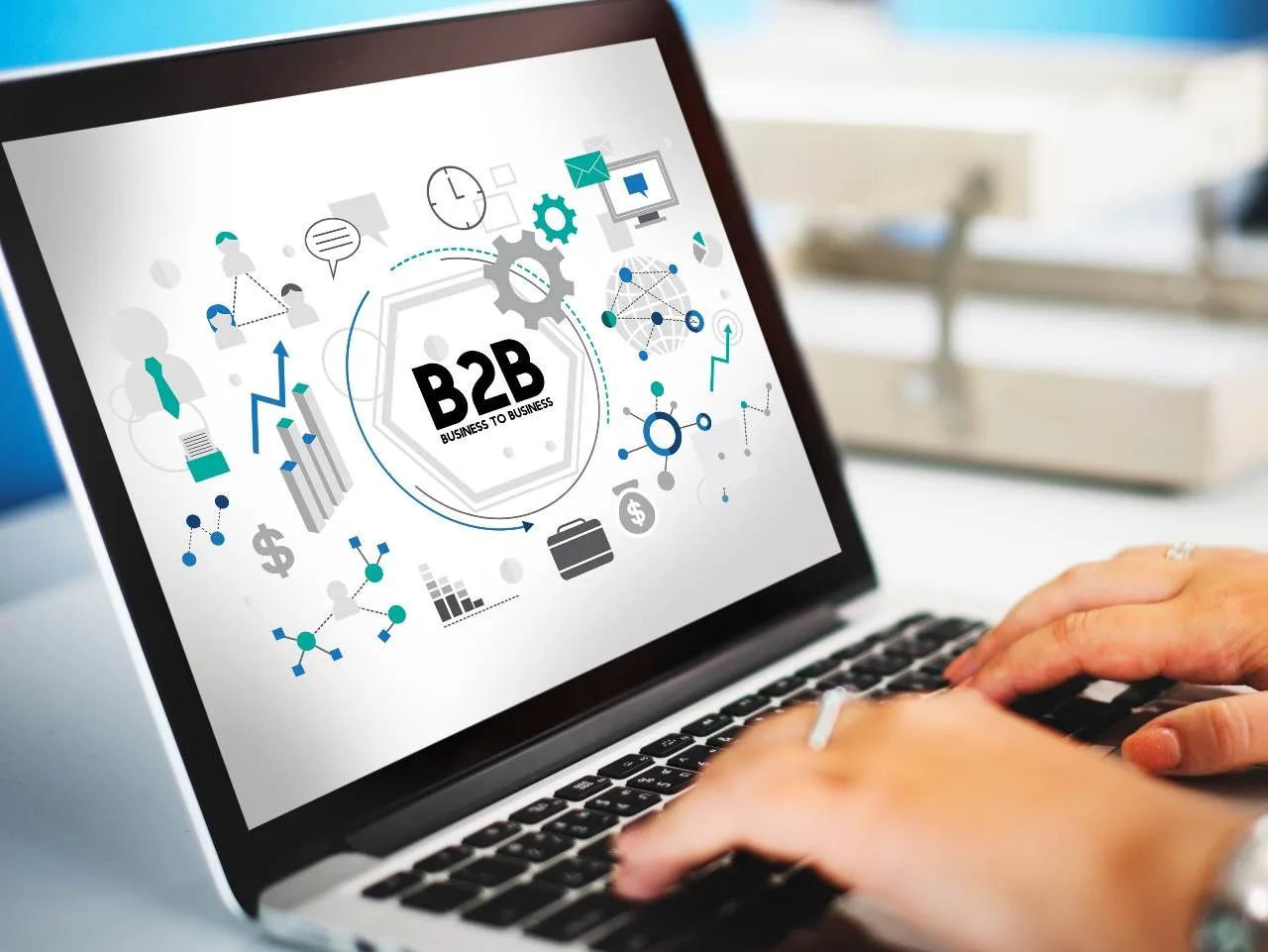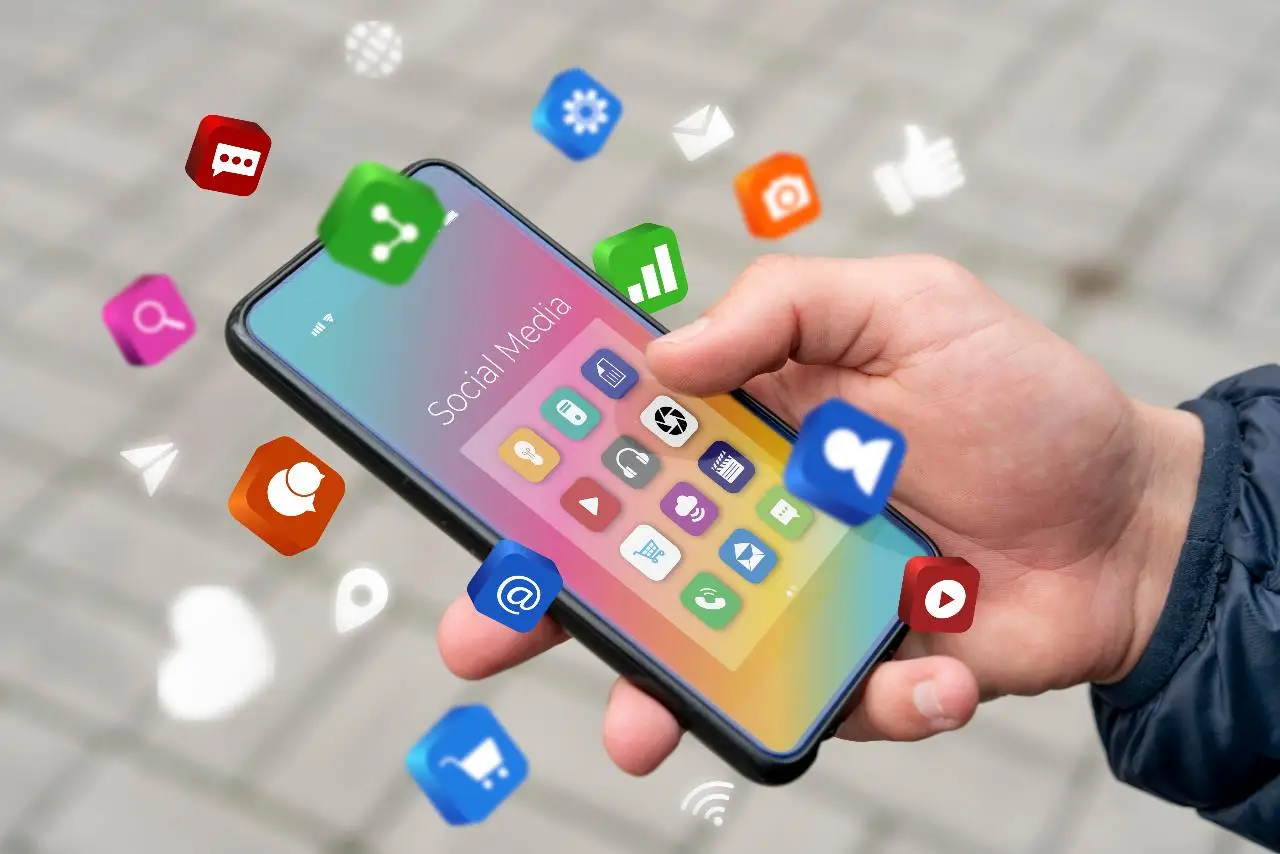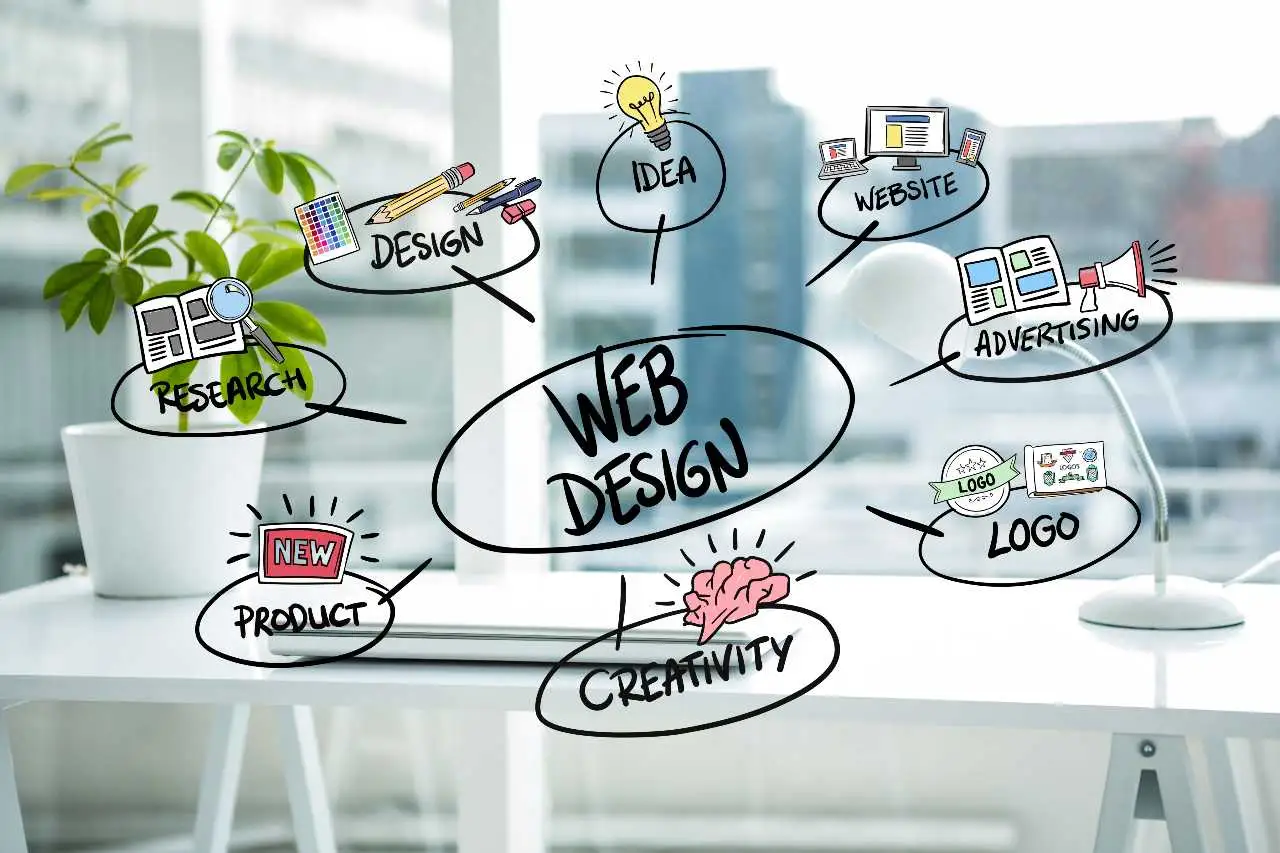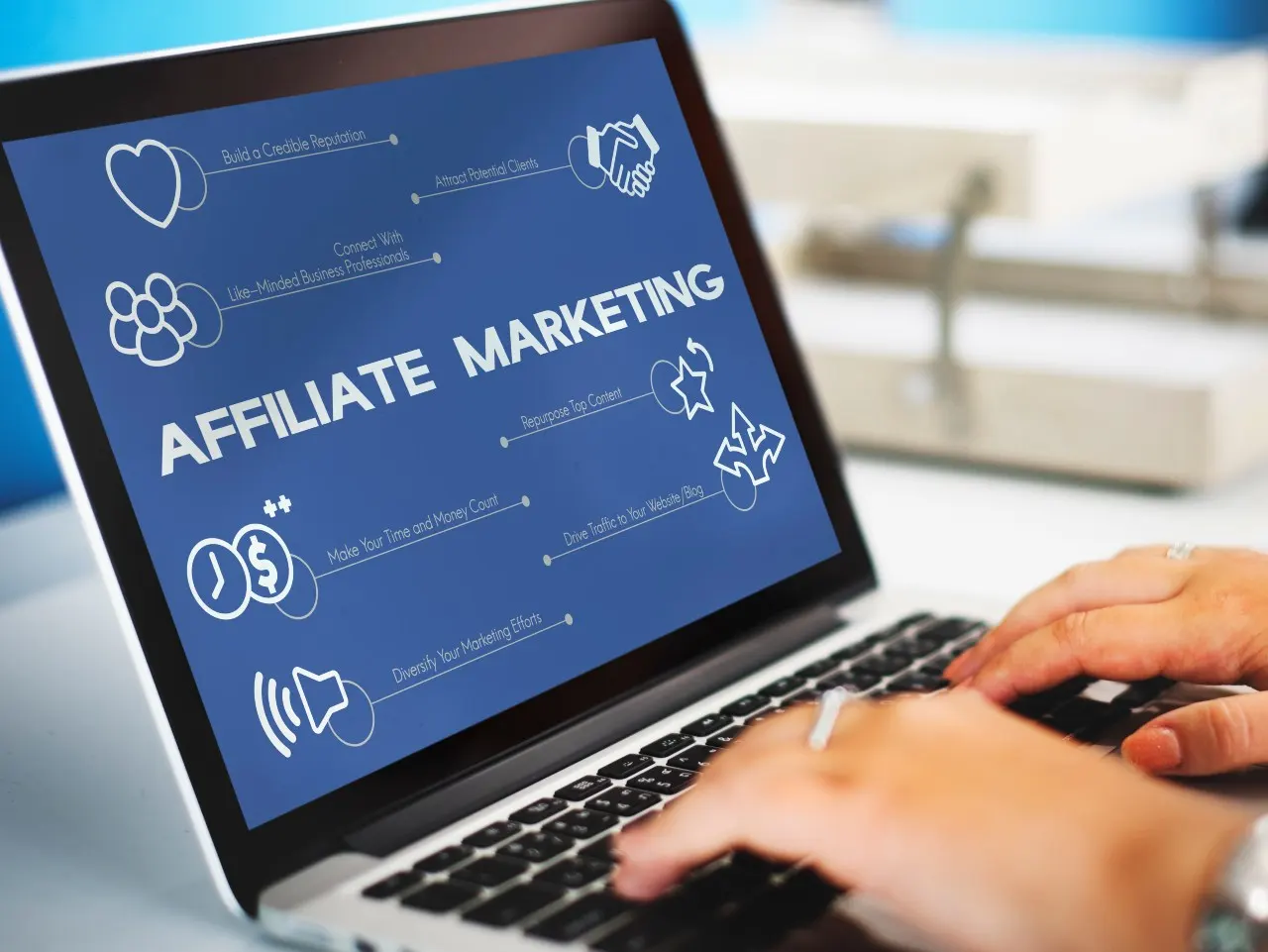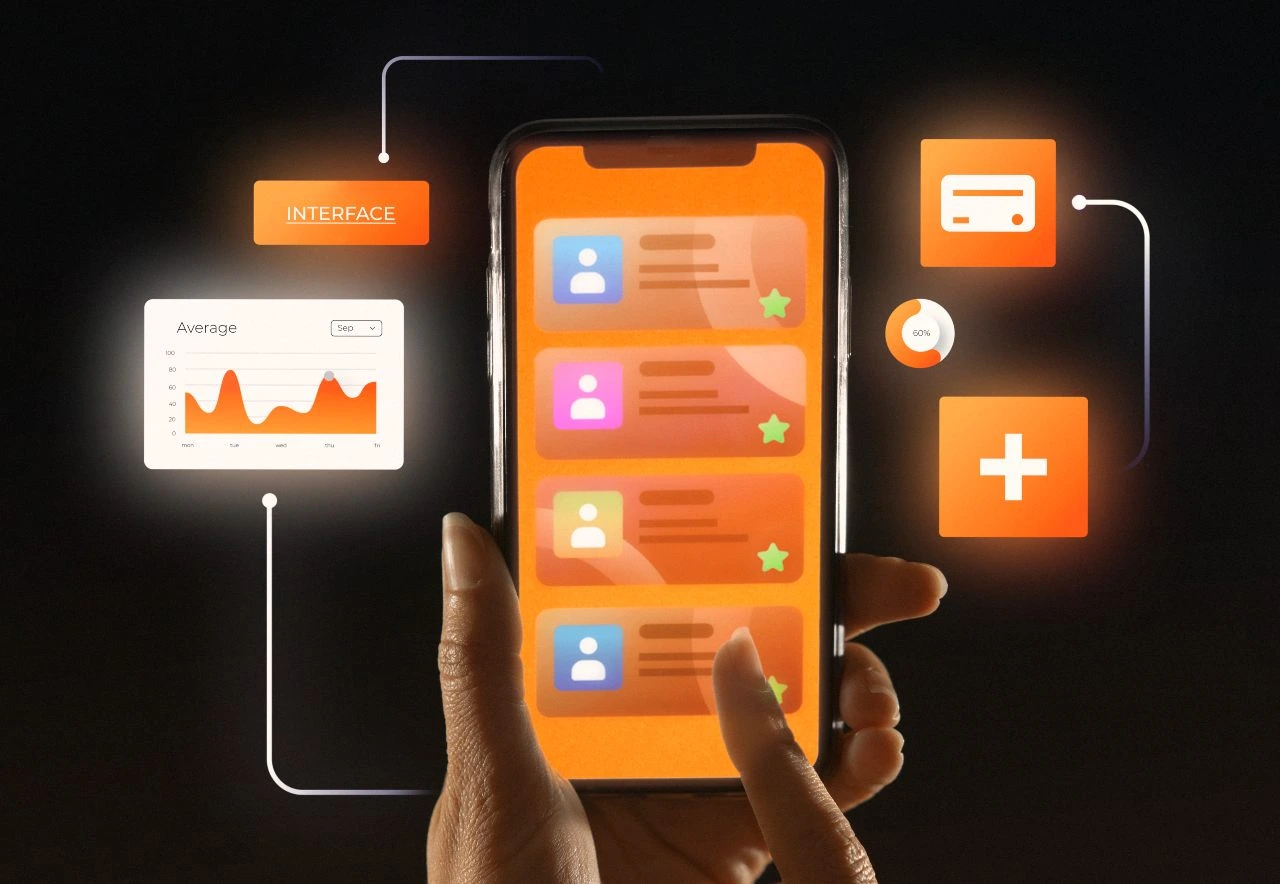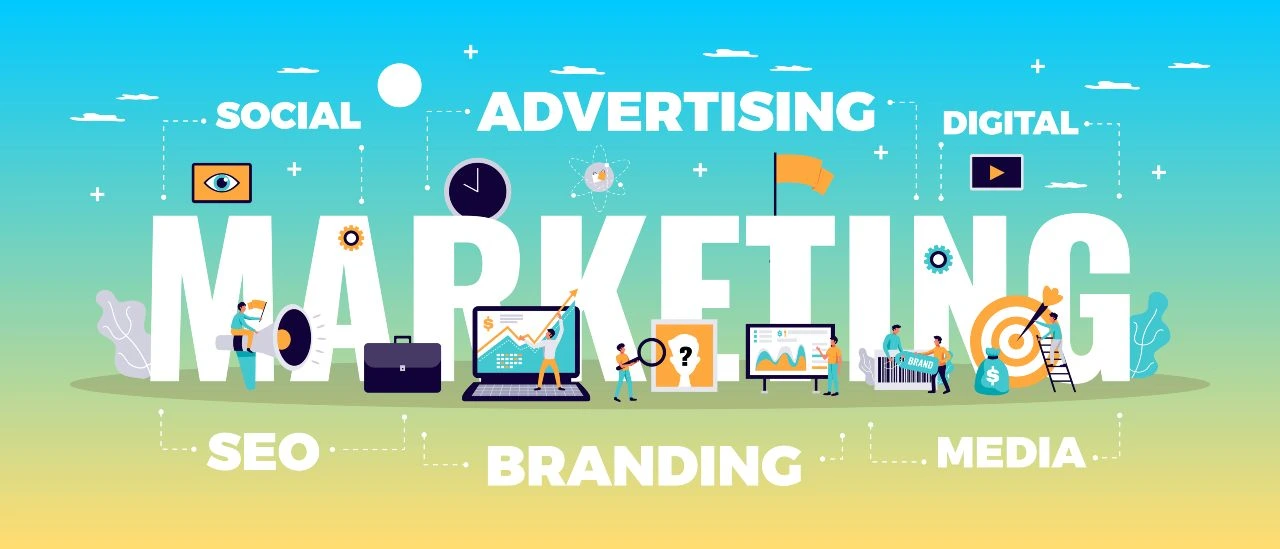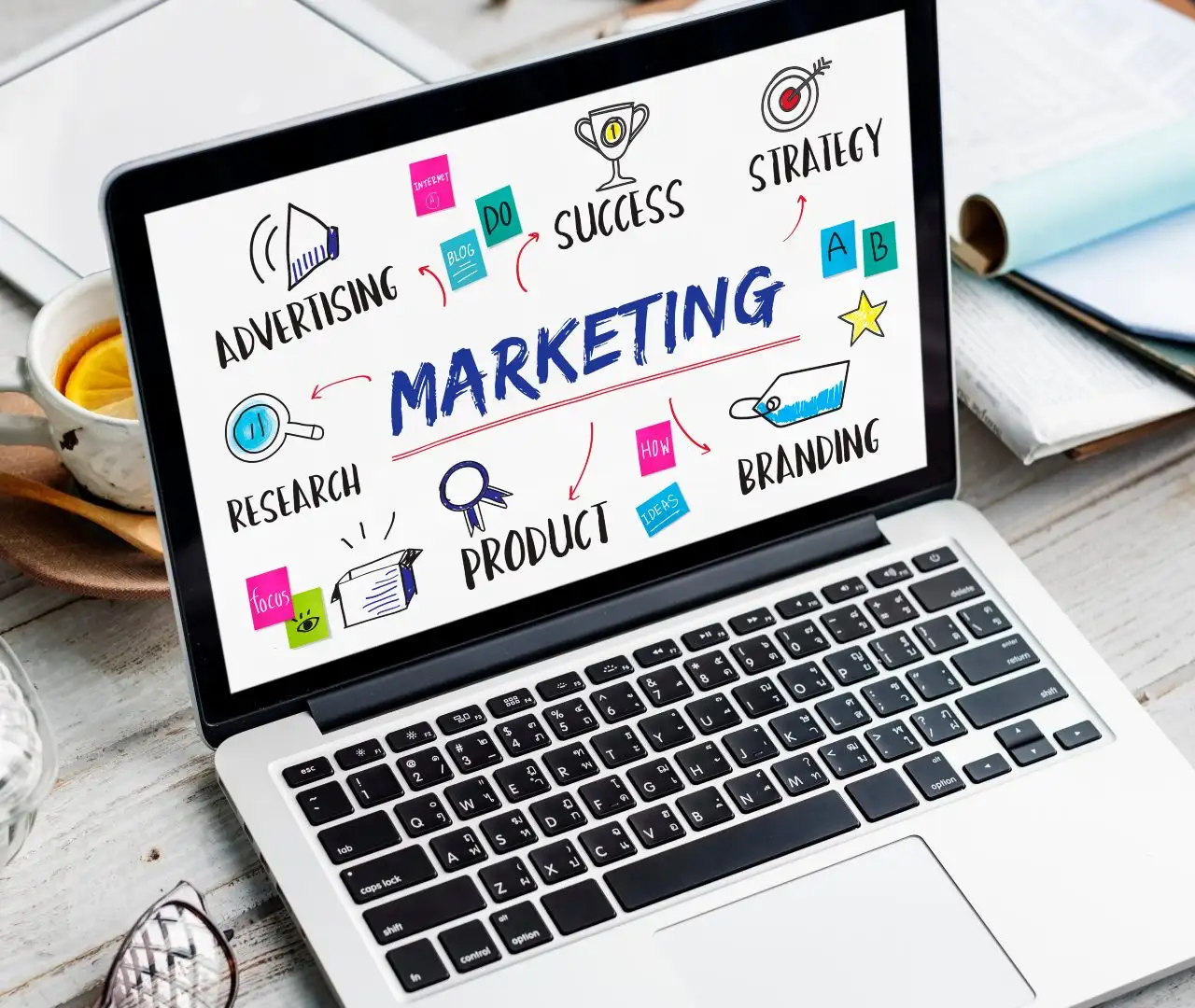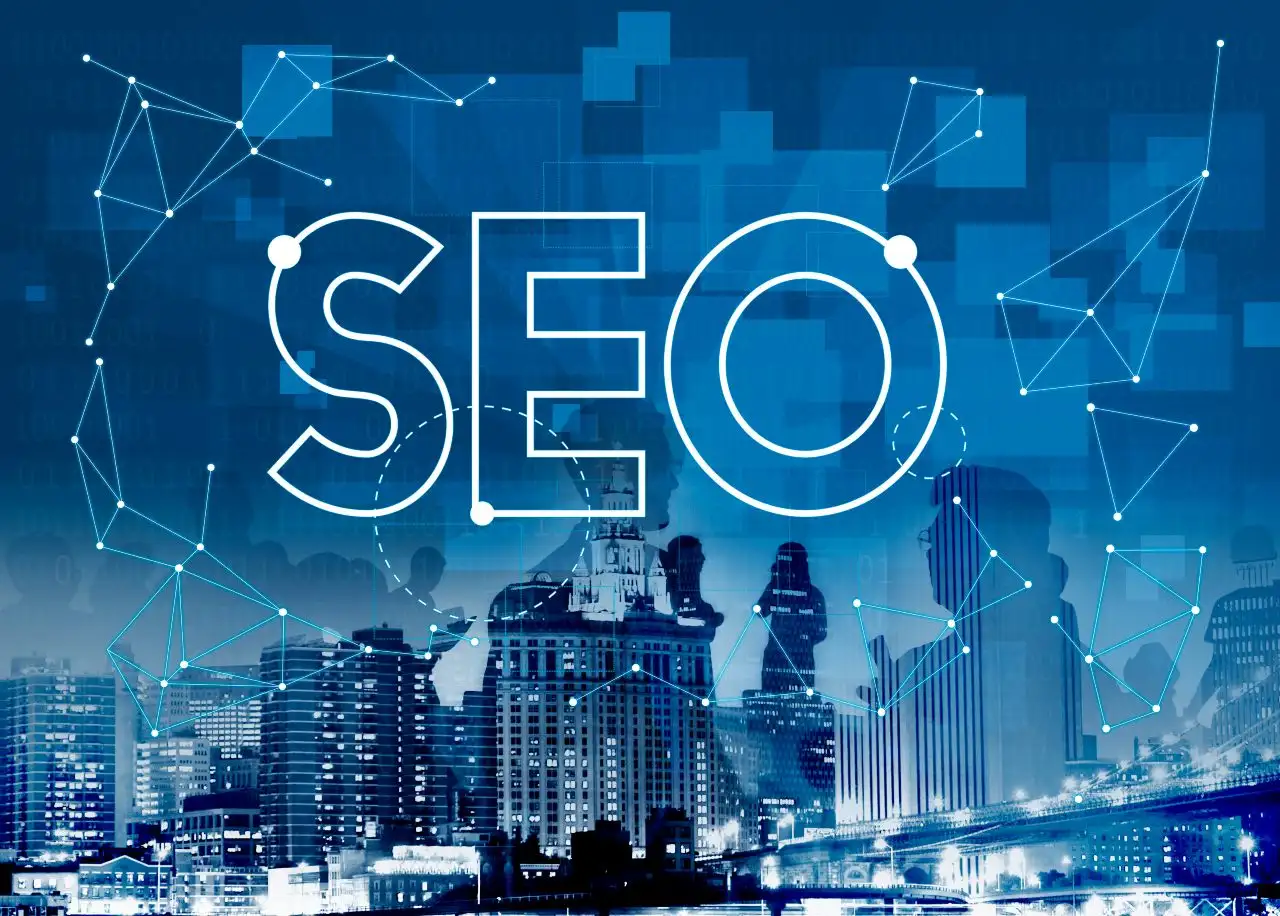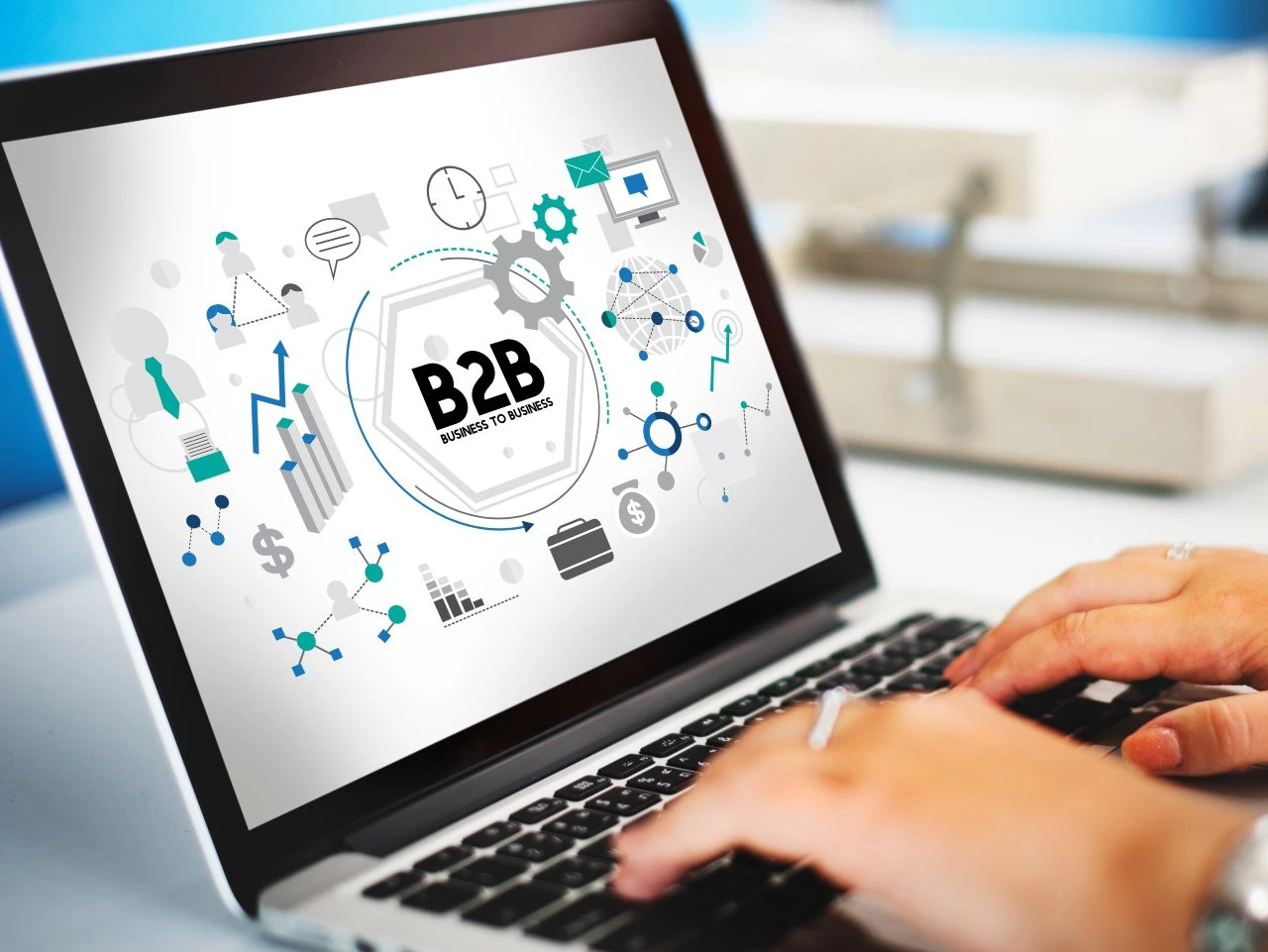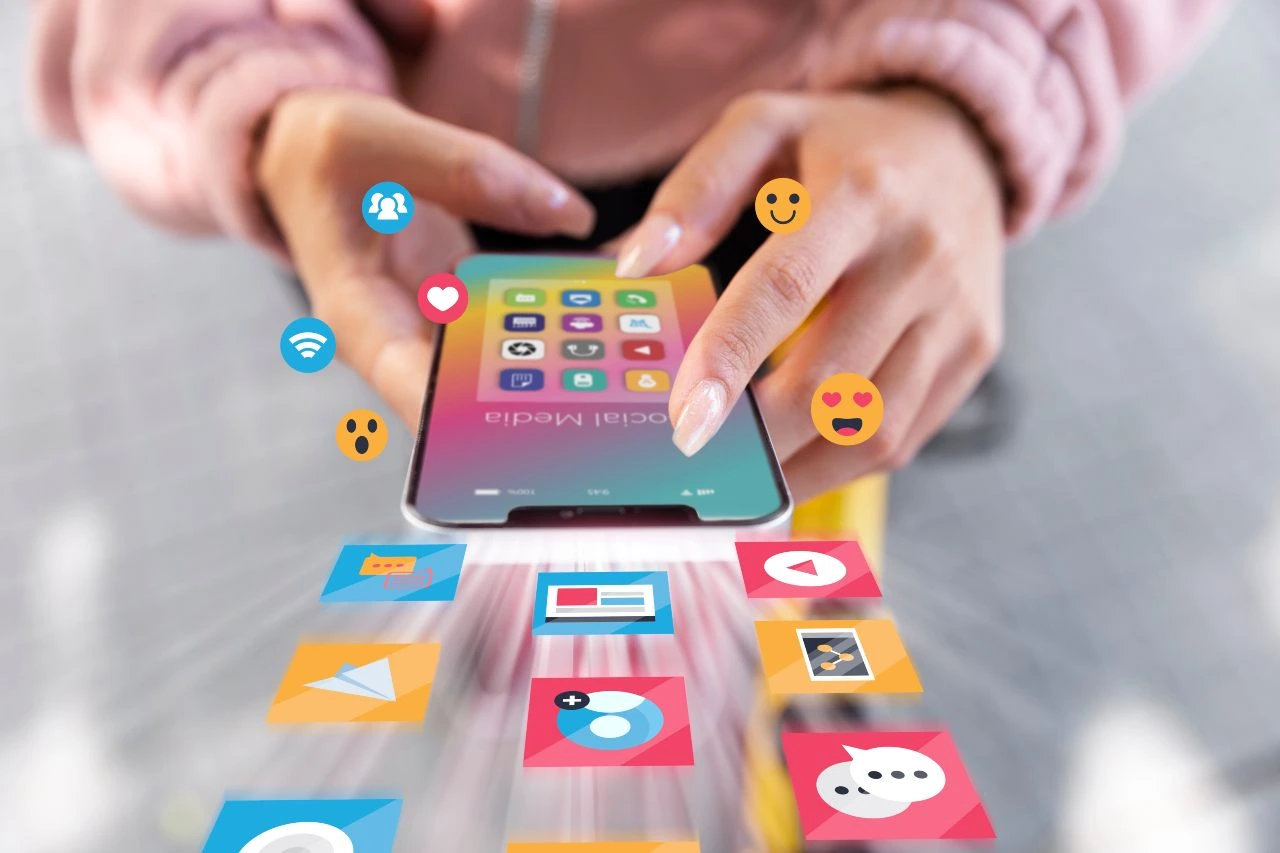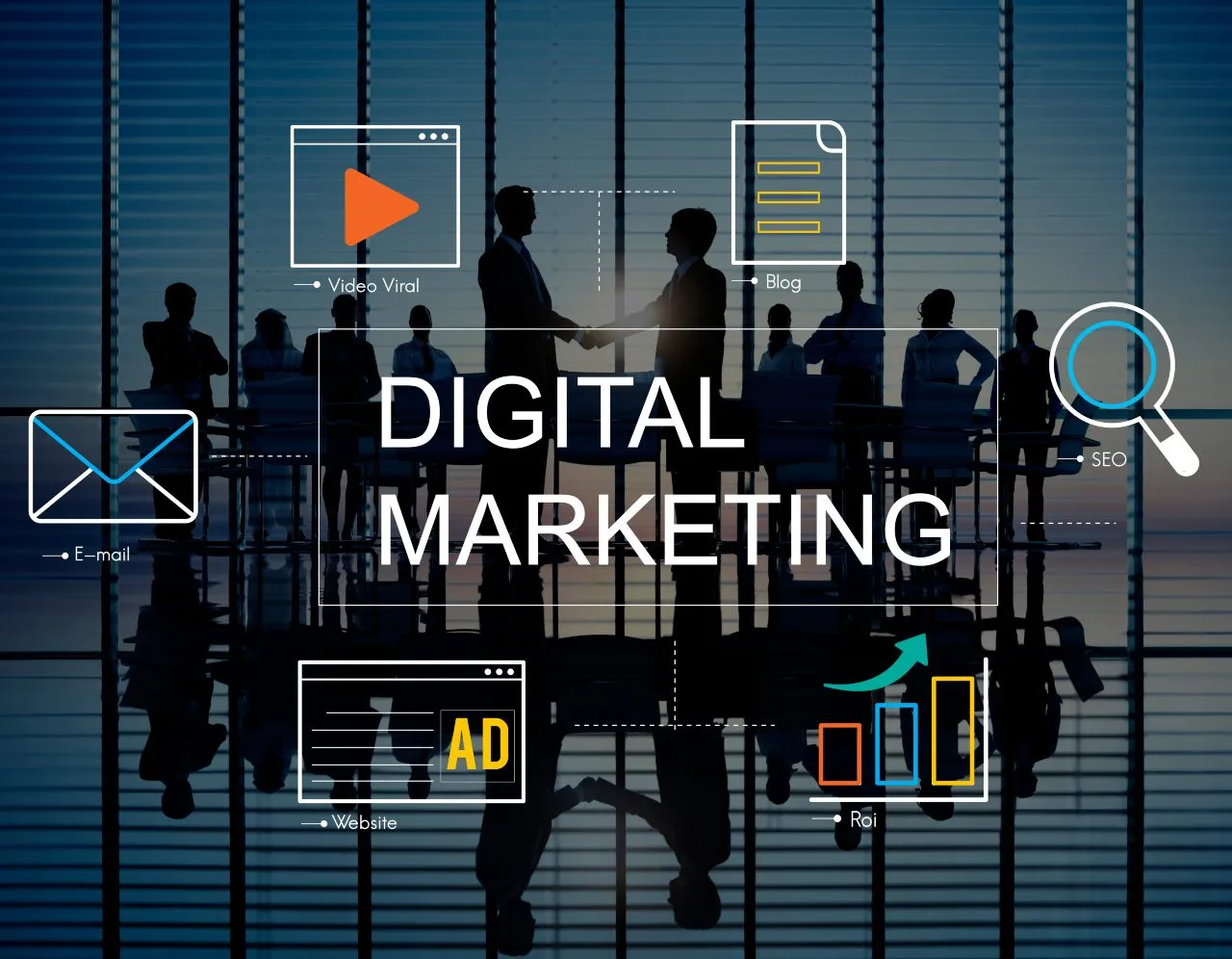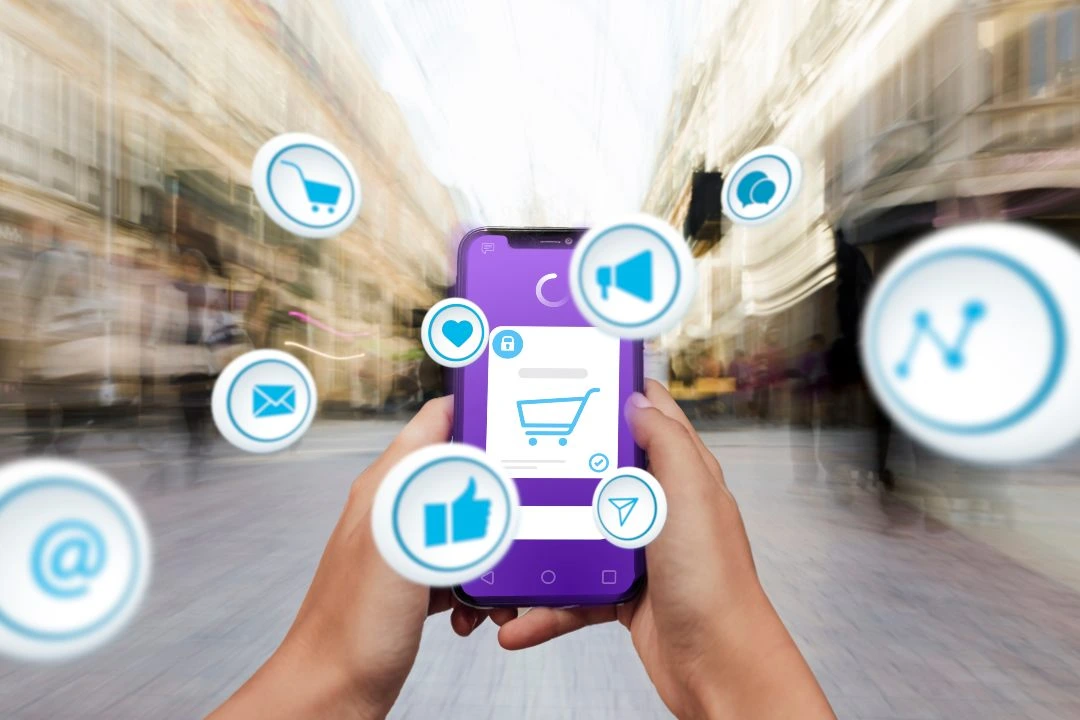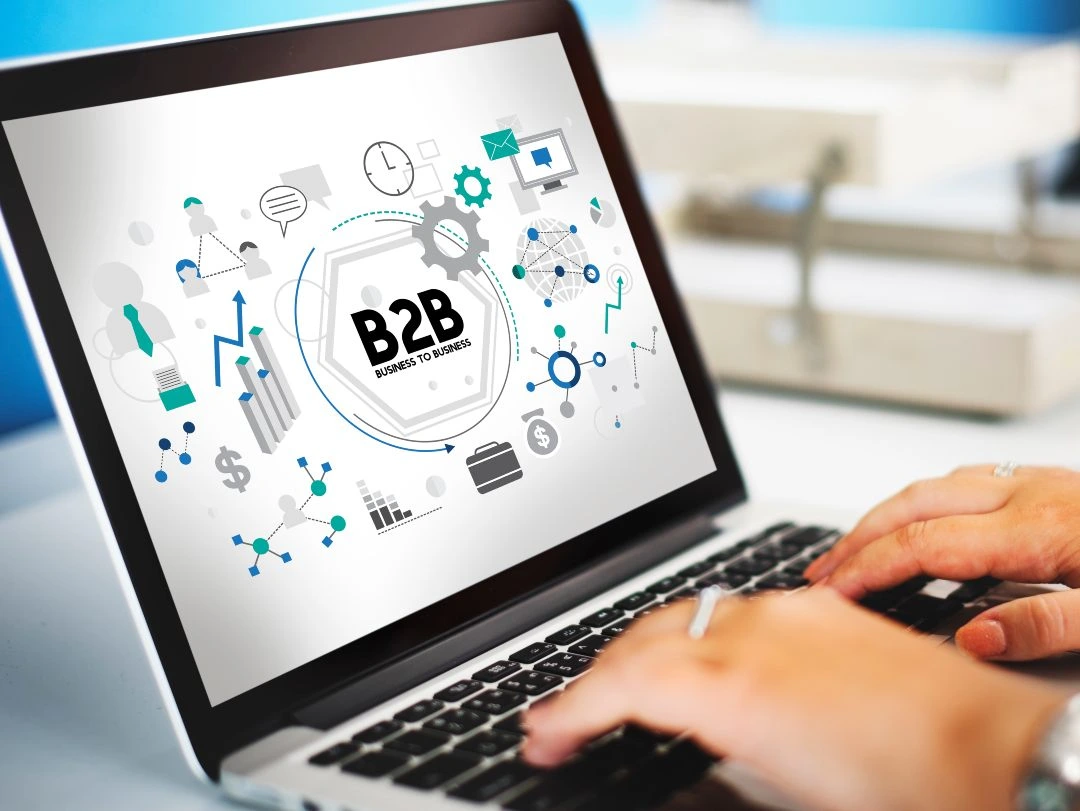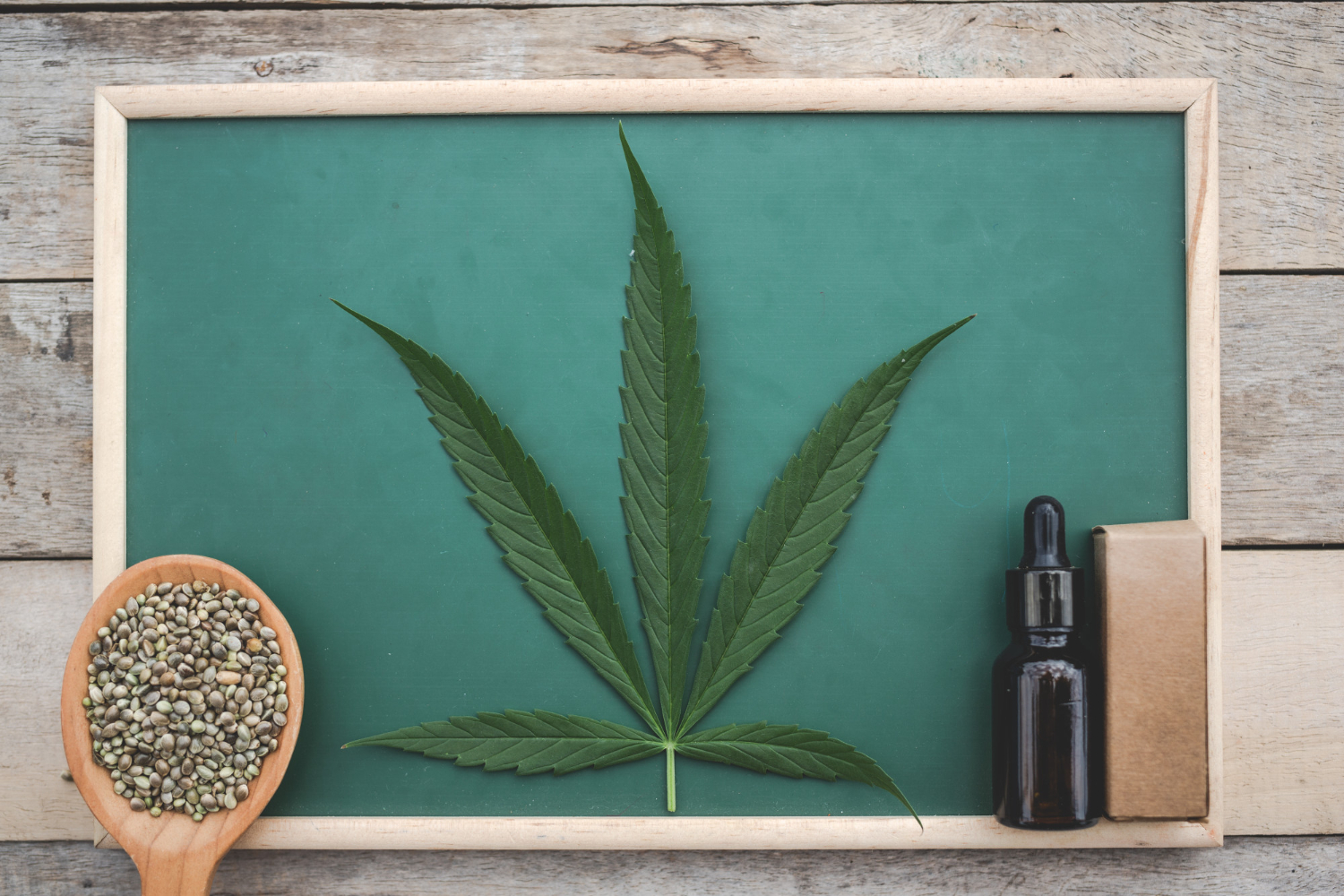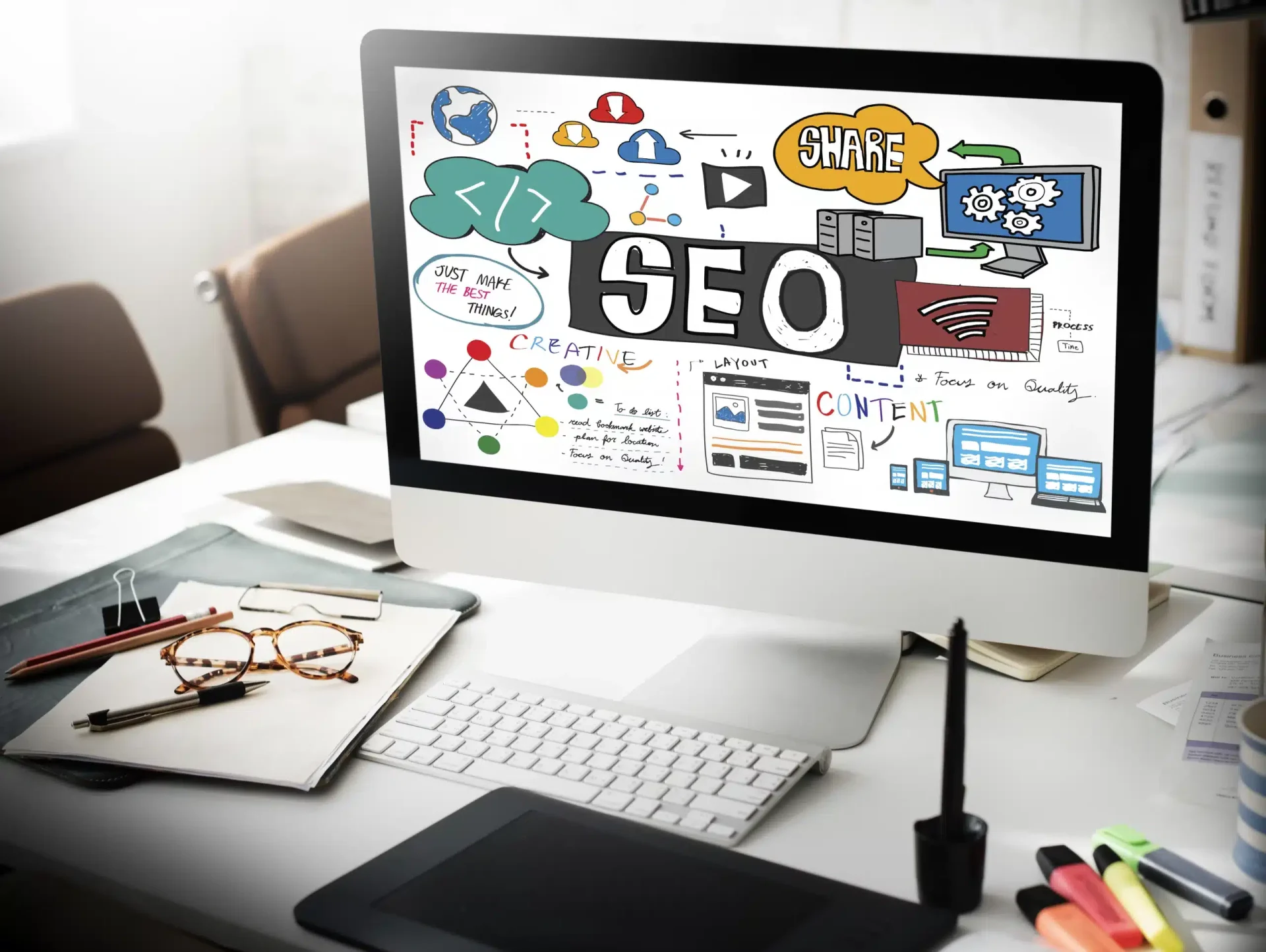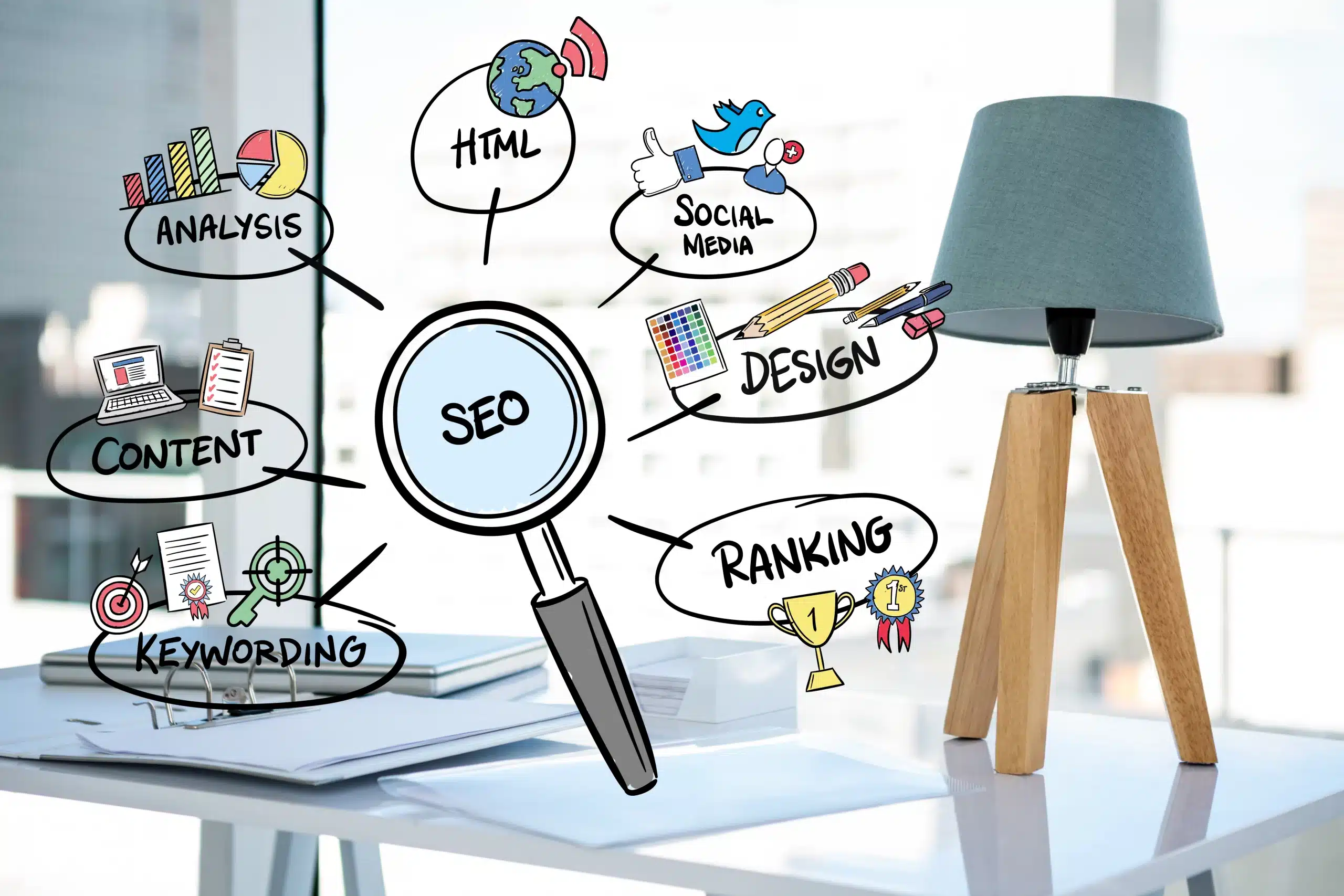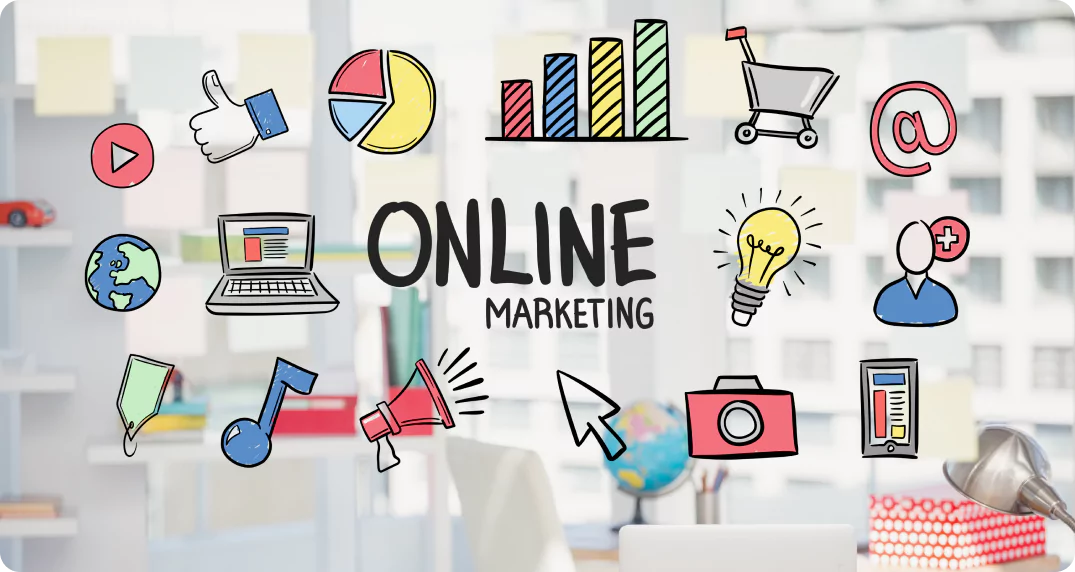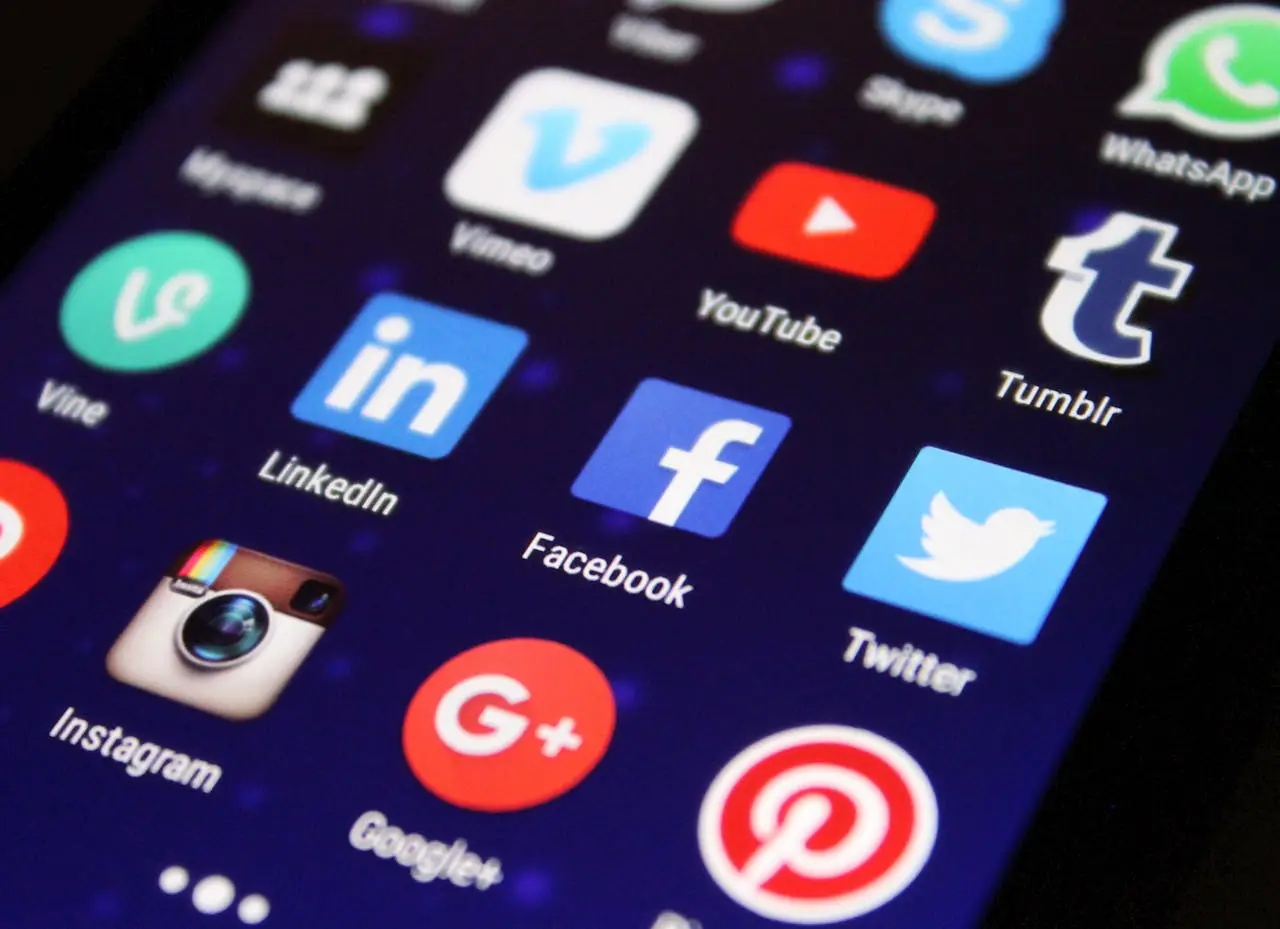Staying ahead in the marketing game means keeping your finger on the pulse of change. In an era defined by rapid technological advancements and shifting consumer behaviors, understanding the current marketing trends is more critical than ever. Are you prepared to navigate the latest shifts and leverage them to your advantage?
From the expansion of 5G’s reach in mobile engagement to the rise of AI-driven personalization, the marketing landscape is undergoing a seismic transformation. As AI reshapes everything from content creation to lead qualification, it’s essential to understand not only how these technologies work but also how to integrate them ethically and effectively.
This article dives deep into the current marketing trends, providing a comprehensive analysis that you can use to refine your marketing strategies in 2024.
Leveraging 5G to Transform Mobile Marketing Strategies
The arrival of 5G technology isn’t just an incremental improvement—it’s the backbone of the next era of mobile marketing innovation. With faster speeds, ultra-low latency, and expanded connectivity, 5G opens the door to highly engaging, immersive experiences that were unimaginable just a few years ago. From augmented reality (AR) to real-time interactive ads, this technology offers brands a unique opportunity to redefine how they interact with their audiences. The challenge for marketers will be to harness these capabilities thoughtfully while staying attuned to shifting consumer expectations.
- By 2025, one-third of the world’s population is projected to have access to 5G network coverage, unlocking enormous potential for global mobile marketing campaigns. Source
- 5G enables high-definition video streaming without buffering, allowing brands to host seamless live events or showcase real-time product demonstrations. Source
- Real-time gaming and interactive advertisements become more viable with 5G, empowering marketers to create engaging multiplayer games or live quizzes that captivate users. Source
- Enhanced bandwidth and data capacity make AR/VR experiences more accessible, allowing brands to deliver truly immersive storytelling and virtual try-before-you-buy solutions. Source
- Faster content delivery with 5G results in smoother browsing, quicker app downloads, and overall improved user experiences that set a new benchmark for mobile marketing. Source
Key Takeaway: Shaping the Future of Mobile Engagement
5G technology is rewriting the playbook for mobile marketing, empowering brands to experiment with richer, more dynamic content formats while reaching audiences faster than ever. But the true advantage lies not just in utilizing 5G’s technical capabilities, but in applying its potential to create meaningful connections with consumers. Whether it’s through interactive AR ads, live-streamed product demos, or mobile-first gaming campaigns, the brands that embrace agility and innovation will gain a significant edge in this fast-paced landscape.
Pro Tip:
Take full advantage of 5G’s capabilities by optimizing assets for speed and visual quality. For example, ensure your videos are shot in high resolution and compressed for fast loading, and explore interactive elements such as shoppable live streams or AR filters to maximize engagement in real-time.
AI’s Transformational Impact on Marketing: Innovation in Personalization and Efficiency
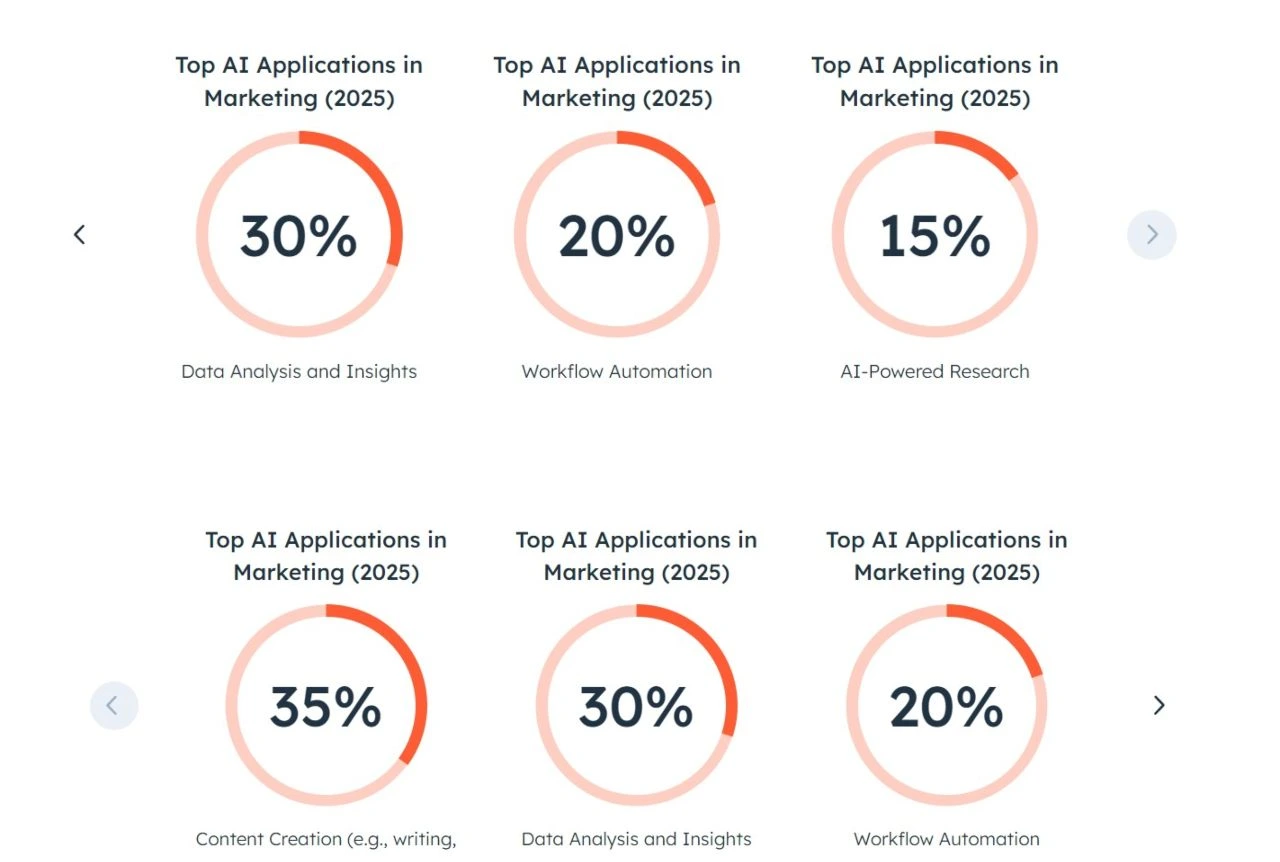
Source: Hubspot
The marketing industry has reached a crossroads where data-driven insights and automation are no longer optional—they’re essential for staying competitive. Artificial intelligence (AI) has stepped up as the linchpin of this transformation, enabling brands to deliver hyper-personalized customer experiences while optimizing workflows at an unprecedented scale. From streamlining routine tasks to uncovering hidden consumer behavior patterns, AI has become a must-have tool for marketers aiming to remain relevant in an increasingly complex digital environment.
- Over 50% of marketers plan to increase their investment in AI in the coming year, signaling its growing role in marketing strategies. Source
- AI-driven marketing enhances personalization, assists in developing tailored content, and improves data collection across multiple touchpoints. Source
- AI technologies allow marketers to analyze customer data and behavioral trends, crafting messages that resonate on an individual level. Source
- 67% of small businesses now use AI to strengthen their SEO strategies and content marketing efforts. Source
- Machine learning (ML) enables marketers to scale personalization, offering curated product recommendations and messages based on unique user preferences. Source
- AI-powered personalization tools are advancing lead generation by identifying and nurturing potential customers with greater precision. Source
- Advanced techniques such as 1:1 landing pages are being employed for high-value prospects to increase website personalization for in-process leads. Source
- Real-time data analysis through AI tools provides marketers with insights to optimize campaigns, identify the most effective channels, and predict future trends. Source
- AI expedites content creation processes, enabling marketers to produce relevant and engaging materials quickly while tailoring them to individual consumer needs. Source
- By analyzing vast sets of consumer data, AI predicts behavior and customizes interactions, ensuring personalized engagements across all touchpoints. Source
- AI and ML technologies excel at identifying patterns and trends that might escape human analysts, offering deeper predictive insights. Source
- These technologies enable more precise targeting and segmentation by accurately anticipating customer preferences and actions. Source
- AI automates routine tasks like email marketing triggered by specific user actions or real-time bidding in digital advertising, boosting efficiency. Source
- Machine learning algorithms dynamically optimize campaigns based on real-time feedback, continuously improving performance. Source
- Platforms like Bannerflow use AI to track ad performance in real-time, automatically refining strategies by adjusting messaging, audiences, or budgeting to maximize ROI. Source
- Over 50% of marketing professionals use AI to support content creation for email marketing, SEO, and social media, streamlining their workflows. Source
Key Takeaway: Harnessing AI as a Strategic Ally
AI isn’t just a tool—it’s the engine powering smarter marketing decisions and scalable personalization. But while AI can crunch data and automate workflows with unmatched efficiency, the human touch remains critical in crafting emotionally resonant campaigns. Marketers should view AI as a strategic ally that enables their teams to focus on creative storytelling, building authenticity, and forging deeper connections with audiences. The future of marketing lies in leveraging the strengths of both humans and machines, creating harmonized strategies that are both data-led and emotionally engaging.
Pro Tip:
Don’t fall into the trap of over-automation. Use AI to empower your team by managing repetitive tasks and providing actionable insights, but keep humans at the helm for creative strategy and customer interactions that require emotional intelligence. Platforms like Jasper AI, Copy.ai, and Grammarly can assist with content generation, while tools like Semrush or HubSpot can help automate campaign management and data analysis. Choose solutions that align with your marketing goals for maximum impact.
Additionally, businesses looking to fully optimize their digital marketing efforts may find value in exploring full-service marketing solutions. These comprehensive services integrate AI-driven strategies with expert human guidance, ensuring a balanced approach to efficiency and creativity in today’s competitive landscape.
How AI is Shaping the Future of Omnichannel Marketing
Amid a rapidly diversifying digital environment, where customers interact with brands across multiple platforms daily, standing out is both a challenge and an opportunity. Artificial Intelligence (AI) has emerged as the cornerstone of omnichannel marketing, allowing businesses to not only unify their brand presence but also tailor it to individual users at scale. By leveraging AI-driven tools, companies can deliver hyper-relevant experiences while maximizing advertising impact—a game-changer in an era where personalization is paramount.
- AI is central to omnichannel marketing strategies, helping brands deliver seamless experiences that are not only consistent but also deeply personalized across various platforms. Source
- AI-powered advertising allows for the creation of smarter ads that drive increased ROI. Source
- AI-powered dynamic creative optimization enables marketers to easily adapt content to various platforms, ensuring that each interaction feels personalized to the individual user’s journey. Source
- Ad platforms are increasingly leveraging AI-powered advertising to optimize bids and create relevant ads. Source
- Google Ads utilizes AI to optimize bids, create relevant ads, and help businesses reach the right audience, with Performance Max campaigns using keywordless AI to find new converting queries and generate ads that match user intent. Source
- Microsoft offers generative AI ad features like Conversational Ad experiences, Ads for Chat API, and Copilot. Source
- AI-powered chatbots are becoming increasingly sophisticated, offering seamless customer service experiences by handling frequently asked questions and guiding customers through the purchase process. Source
- According to a recent study, 73% of consumers believe that AI will improve customer service quality and expect to interact with it more frequently. Source
Key Takeaway: Unlocking the Power of AI in Customer Journeys
AI is not just a tool; it’s the architect of the modern omnichannel strategy. By leveraging AI, brands can unify the customer experience across platforms, ensuring that interactions feel customized without sacrificing scalability. Moreover, AI’s ability to optimize advertising spend and improve customer service experiences significantly boosts both brand loyalty and operational efficiency. As consumers increasingly demand tailored and responsive interactions, integrating AI into marketing is no longer optional—it’s a competitive necessity.
Pro Tip:
To fully harness AI’s potential, start small by automating a single customer touchpoint, like chatbots or creative ad optimization. This raises an important consideration: can copywriting and AI chatbot coexist effectively? Once you’ve mastered this balance, scale across other channels to create an interconnected, data-driven experience that keeps your audience engaged at every step of their journey.
Elevating Marketing Operations and Training with AI Innovations
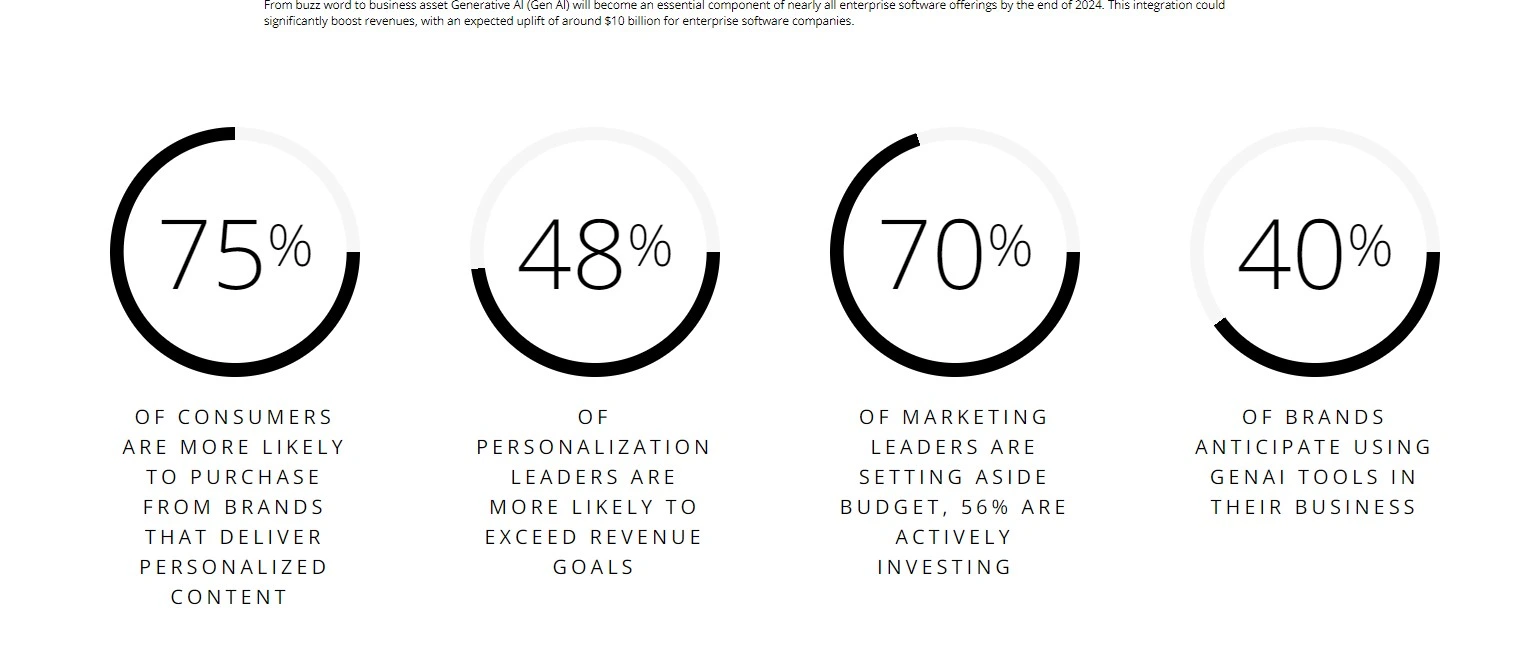
Source: Deloitte
As businesses grapple with tighter budgets and rising competition, the adoption of AI in marketing operations and employee training is no longer just innovative—it’s essential. AI isn’t only about automation; it’s about creating a smarter, more strategic approach to managing resources while improving the customer experience through tailored, industry-specific solutions. By leveraging AI technologies, organizations are redefining how they approach skill development, campaign execution, and consumer engagement.
- AI helps marketing teams maximize their output despite resource constraints by automating repetitive tasks and streamlining efficiency. Source
- The advent of Generative AI provides marketers with accessible tools to create and prioritize campaigns effectively. Source
- Businesses are shifting from generic AI tools to solutions designed specifically for their industries, offering a more customized approach to marketing challenges. Source
- Industry-specific AI enables companies to produce tailored marketing content and utilize chatbots with advanced knowledge of their products and markets for improved customer interactions. Source
- Establishing governance frameworks for Generative AI ensures content quality and prevents brand voice inconsistencies. Source
- AI-powered tools are revolutionizing employee training by providing personalized learning experiences and shortening training cycles. Source
- Sophisticated conversational AI tools can analyze sales calls, offering actionable insights to refine strategies and maximize outcomes. Source
- These insights can guide teams with prebuilt scripts and trigger alerts when representatives deviate from best practices, ensuring consistent performance. Source
- AI-driven training solutions enhance workforce efficiency by reducing call durations and uncovering areas for continuous skill improvement. Source
- Analytics platforms like iovox allow companies to record, transcribe, and evaluate sales conversations to identify high-performing tactics. Source
- Automated tools, including AI-enabled chatbots and email systems, ensure timely engagement with customers, boosting productivity and satisfaction. Source
Key Takeaway: AI Fuels Both Efficiency and Personalization
AI is not just a tool but a transformative force in marketing, enabling organizations to achieve remarkable efficiency while still delivering highly personalized experiences. From managing content creation to analyzing sales calls, AI helps businesses uncover valuable insights that elevate both strategy and execution. However, the key to success lies in balanced implementation. Companies must prioritize tailored AI solutions that align with their unique needs and establish rigorous governance practices to maintain integrity across all touchpoints.
Pro Tip:
Start small but think strategically. Test AI-driven tools in one area of your marketing operations—whether it’s automating email campaigns or enhancing sales call analysis—and use the insights gained to scale and refine other processes. And don’t overlook the importance of ongoing employee training to ensure your team stays aligned with AI’s ever-evolving capabilities.
Revolutionizing Lead Qualification and Conversion with AI
The way businesses approach lead qualification and conversion has fundamentally shifted, thanks to the capabilities of AI. Instead of relying on traditional methods, marketers now have access to advanced tools that can uncover insights hidden within customer interactions, refine targeting efforts, and optimize the entire conversion process. With AI, businesses can shift their focus from chasing every lead to strategically nurturing the ones most likely to convert, making every marketing dollar count.
- Businesses are leveraging conversational and predictive analytics to monitor calls, analyze data, and segment leads based on their likelihood to convert, improving lead qualification. Source
- AI can analyze sales calls to identify trends and predict outcomes, providing insights into customer interests, challenges, and factors driving consumer behavior. Source
- AI-powered lead scoring models consider a broader range of behaviors and interactions, enabling businesses to prioritize and personalize engagement with potential customers more effectively. Source
- Automating the lead management process ensures leads are nurtured according to their potential value and readiness to convert, improving efficiency and increasing the likelihood of converting leads into customers. Source
Key Takeway: AI isnt just a trend
It’s rapidly becoming a competitive necessity in the sales and marketing toolkit. By transforming how leads are qualified and managed, businesses can focus resources on prospects that show genuine promise, thereby building stronger pipelines and shortening sales cycles. The integration of AI doesn’t merely enhance efficiency—it fuels smarter decision-making, helping marketers stay ahead in an increasingly competitive landscape.
Pro Tip:
Ready to amplify your lead conversion strategy? Start with AI tools that integrate with your CRM to analyze past customer behaviors and refine lead scoring. Systems like Salesforce Einstein, HubSpot AI, or Zoho AI can provide actionable insights while automating repetitive processes, freeing your team to focus on the human side of closing deals. For businesses looking to maximize their results, pairing AI insights with email marketing B2B lead generation strategies can further enhance the personalization and effectiveness of lead nurturing efforts.
How AI-Powered Personalization is Redefining Targeted Advertising
In the age of information overload, connecting with consumers in a meaningful way has become more challenging than ever. Enter AI-powered personalization—a game-changing approach that allows brands to cut through the noise by delivering hyper-relevant, tailored content. By utilizing data-driven insights and real-time optimizations, businesses are not only improving their engagement rates but also building stronger, long-lasting customer relationships. AI doesn’t just enhance campaigns—it transforms them into highly agile, customer-centric experiences.
- AI algorithms analyze historical data, such as user interactions, purchase behaviors, and demographics, to predict future preferences and deliver ad content carefully tailored to individual interests. Source
- By processing immense amounts of data, AI-driven personalization pinpoints content or offers that are most likely to resonate with users, ensuring brands deliver the right message at the perfect time. Source
- E-commerce platforms leverage AI to create dynamic, user-centric experiences—for example, modifying homepage content in real time based on a visitor’s unique browsing or purchase history. Source
- Brands are increasingly using AI to predict consumer trends, enabling campaign optimization through tools like personalized push notifications and email recommendations that convert better. Source
- Advanced AI and machine learning (ML) technologies unlock deeper insights into consumer behaviors and intentions, allowing marketers to craft laser-focused, high-performing ad campaigns. Source
- Programmatic advertising backed by AI now thrives on real-time optimization, constantly recalibrating campaign elements to achieve peak performance at every touchpoint. Source
Key Takeaway: AI Personalization Turns Data into Competitive Advantage
AI-powered personalization isn’t just a nice-to-have—it’s quickly becoming the cornerstone of cutting-edge marketing strategies. In a world where consumers expect relevant, timely, and seamless experiences, brands that leverage AI to refine their targeting and messaging are poised to dominate the competition. But beyond the obvious benefits of increased engagement, the dynamic and adaptive nature of AI allows for smarter resource management, ensuring higher ROI on marketing efforts. As AI grows increasingly sophisticated, staying ahead means testing creative ways to integrate these tools into every stage of the customer journey.
Pro Tip:
Use ethical, privacy-compliant AI tools like Adobe Sensei, Salesforce Einstein, or Google AI to uncover nuanced audience insights. This helps ensure your campaigns remain data-powered and scalable without risking consumer trust. Remember, a balance between personalized marketing and respecting privacy is key to long-term success!
Navigating the Privacy-Personalization Equation in Ad Tech
The digital advertising landscape is at a turning point, as consumers demand both tailored experiences and stronger privacy protections. With regulations tightening and users opting out of traditional tracking methods, advertisers face a dual challenge: respecting privacy while maintaining the relevance of their campaigns. The answer lies in rethinking strategies, leveraging privacy-first technologies, and fostering consumer trust through transparency and consent.
- While a fully cookieless future may not be imminent, user privacy remains a top priority, and an increasing number of users are opting out of tracking, which limits targeting and reach for ad campaigns. Source
- The shift towards privacy-centric advertising practices can foster greater transparency and trust between advertisers and consumers, ultimately enhancing the overall user experience. Source
- Advertisers need to adjust their strategies and embrace new technologies that prioritize user privacy while still providing relevant and personalized ad experiences that audiences expect. Source
- Investment in data management platforms (DMPs) or customer data platforms (CDPs) to collect, analyze, and activate first-party data, along with partnerships with trusted publishers and platforms that prioritize user privacy and consent, are essential. Source
- AI tools, such as those in the AUDIENCEX Intelligence (AXi) suite, operate with consented, privacy-safe datasets, log-level and historical data access, powering advanced analysis that delivers improved performance without compromising user privacy or handling personally identifiable information. Source, Source
Key Takeaway: Trust as the Foundation of Modern Ad Strategies
The ad tech sector is experiencing a paradigm shift where trust and transparency are no longer optional—they are essential. By embracing privacy-first tools, such as AI-driven solutions and data platforms designed for compliance, advertisers can not only navigate the challenges of limited tracking but also create campaigns that foster genuine consumer trust and loyalty. This approach is not just about securing data; it is about redefining how brands connect with audiences in a way that respects their boundaries.
Pro Tip:
Transitioning to privacy-centric advertising doesn’t have to mean losing personalization. Focus on developing robust first-party data strategies and deploying AI tools that harness consented datasets. Partner with publishers who share a commitment to user privacy for truly impactful, trust-driven campaigns.
Conclusion
As we’ve explored, the current marketing trends are being reshaped by groundbreaking advancements in technology like 5G and AI. From delivering immersive experiences through lightning-fast networks to hyper-personalized campaigns powered by machine learning, these trends are fundamentally transforming how businesses connect with their audiences. The integration of AI into omnichannel strategies, lead generation services, and ad personalization is not just enhancing efficiency; it’s redefining the benchmarks for customer engagement and maximise digital marketing ROI. Meanwhile, the emphasis on data privacy is challenging marketers to innovate responsibly, building trust without compromising personalization.
For businesses, the opportunity lies in striking the right balance—leveraging technology’s unmatched capabilities while maintaining a human-centric approach. Whether it’s adopting AI to optimize campaigns, exploring AR/VR possibilities with 5G, or navigating privacy regulations, marketers must act decisively to stay competitive in this ever-evolving landscape.
Ready to boost your traffic and grow your website? Your customers are looking for you, and our SEO services can help you be found across search engines. Let’s turn these trends into actionable results for your business—contact our experts today!
About The Current Marketing Trends Deep Dive: Trends & Analysis
This guide was written by the Scopic Studios team and reviewed by Araksya Hakobjanyan, SEO Lead at Scopic Studios.
Scopic Studios delivers exceptional and engaging content rooted in our expertise across marketing and creative services. Our team of talented writers and digital experts excel in transforming intricate concepts into captivating narratives tailored for diverse industries. We’re passionate about crafting content that not only resonates but also drives value across all digital platforms.
Note: This feature blog’s image are sourced from Freepik.
















